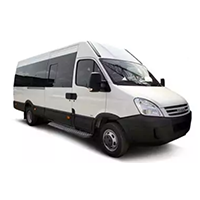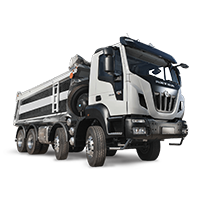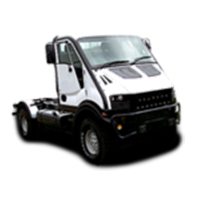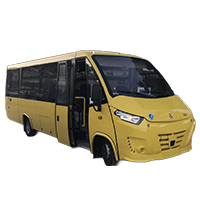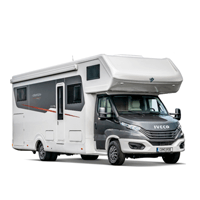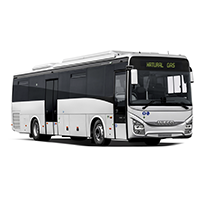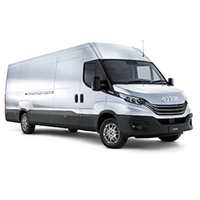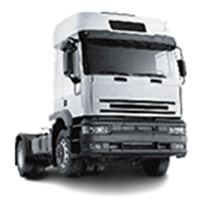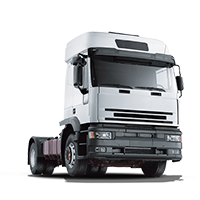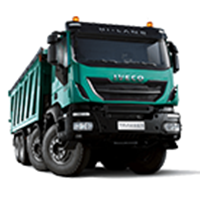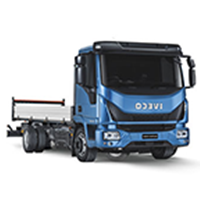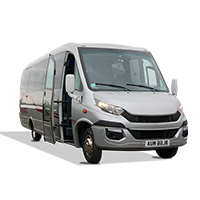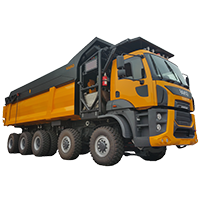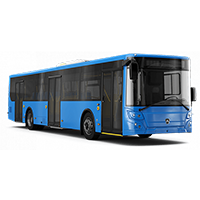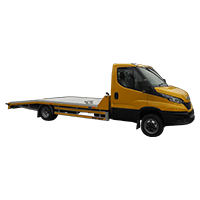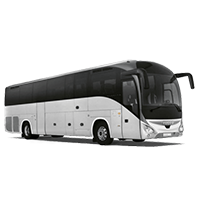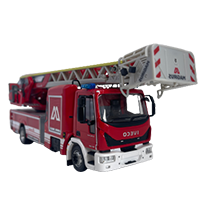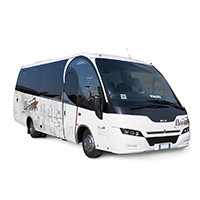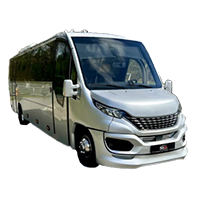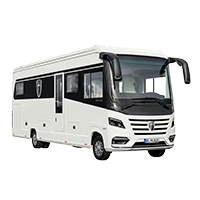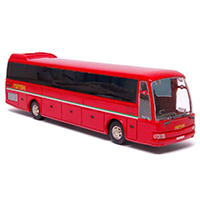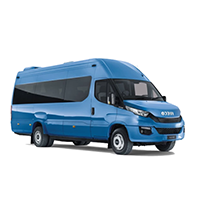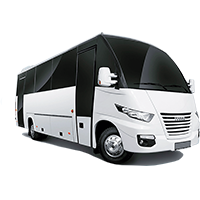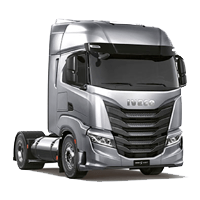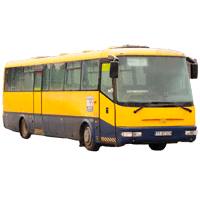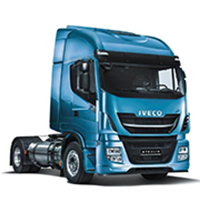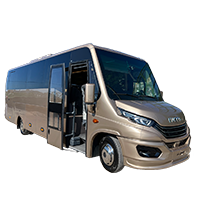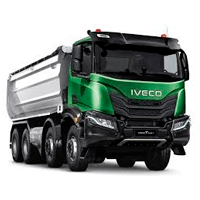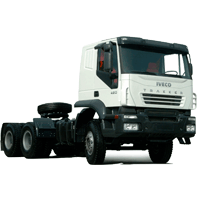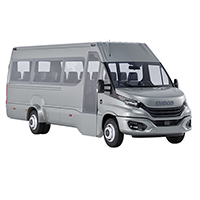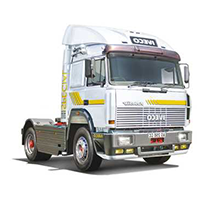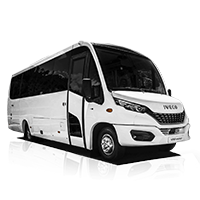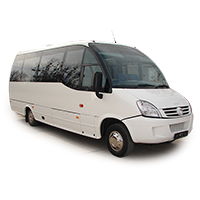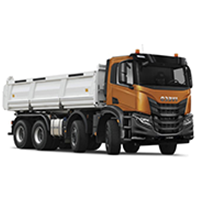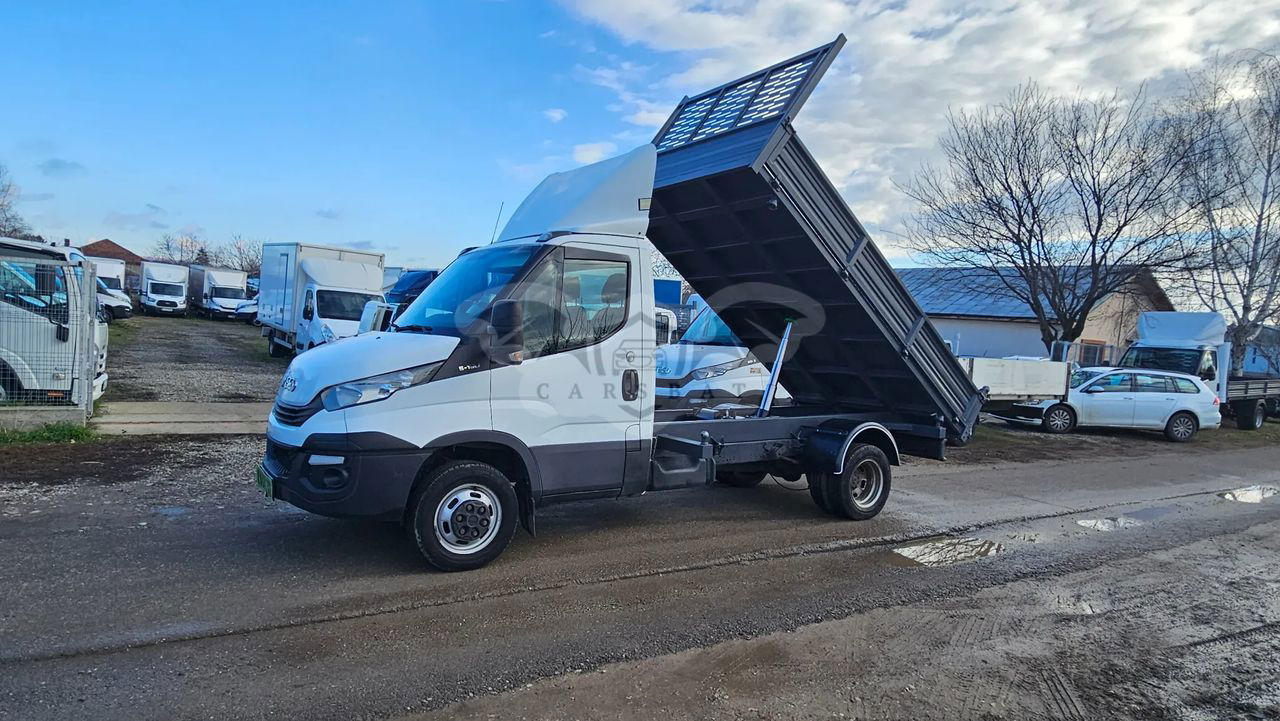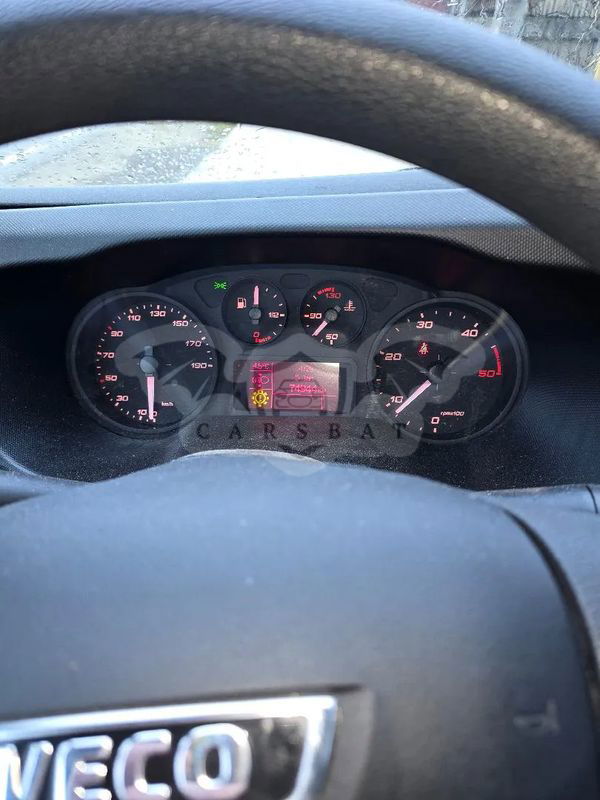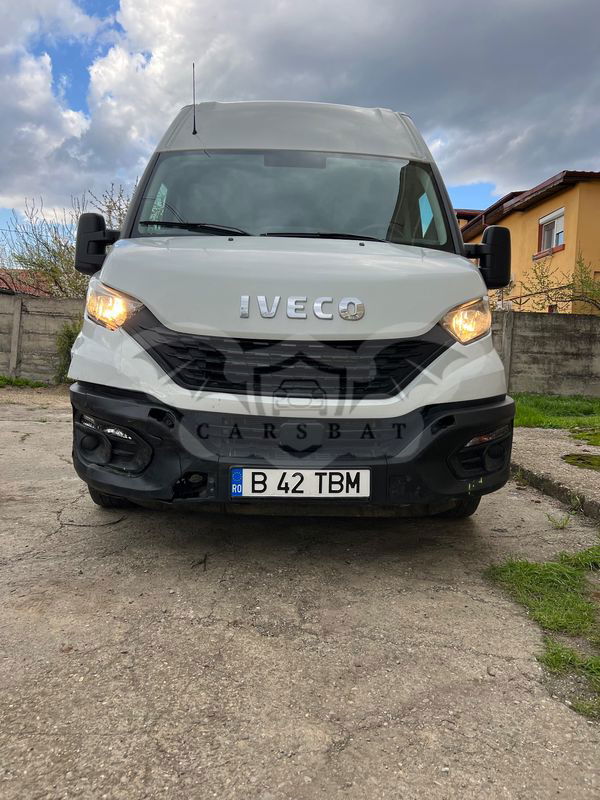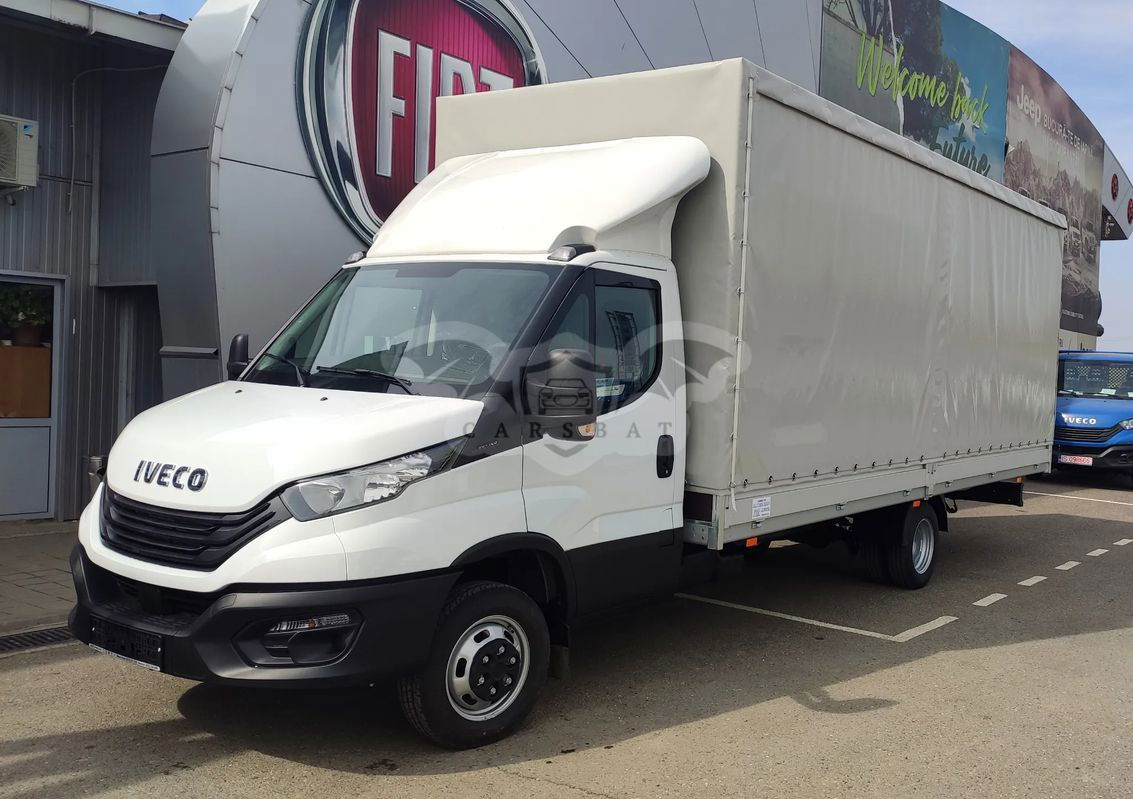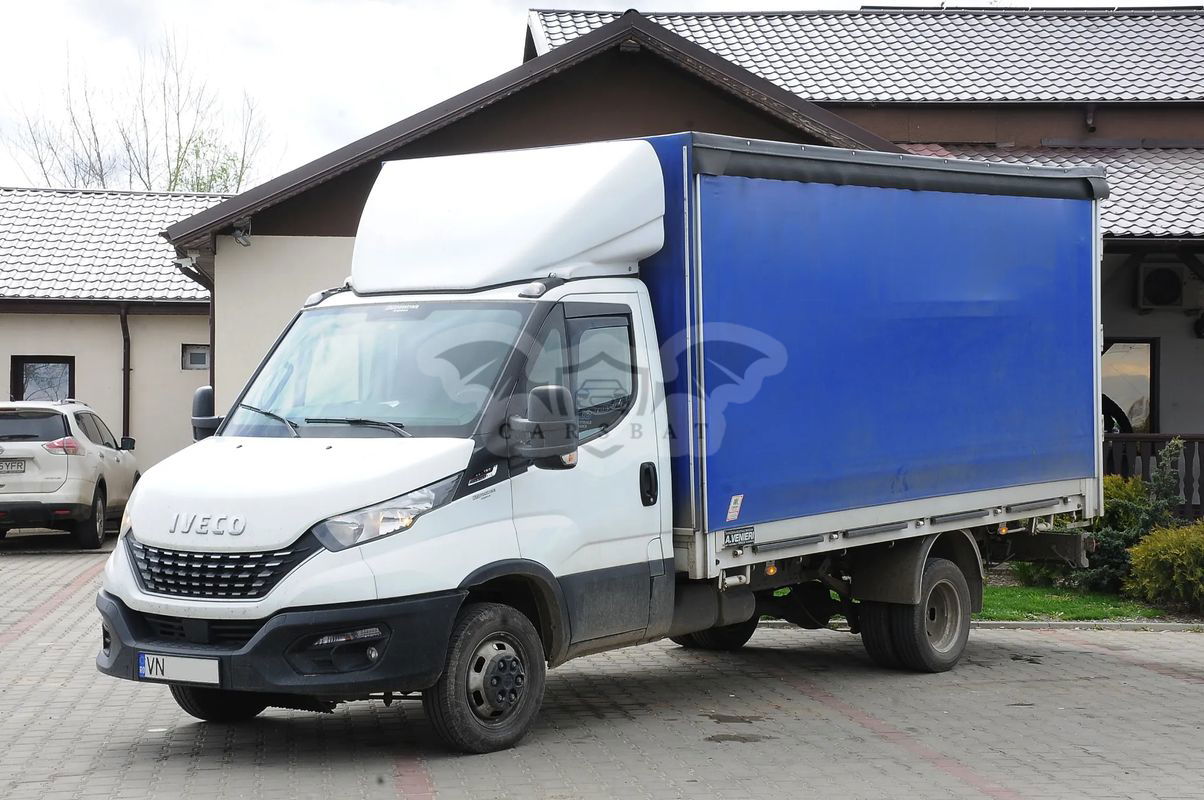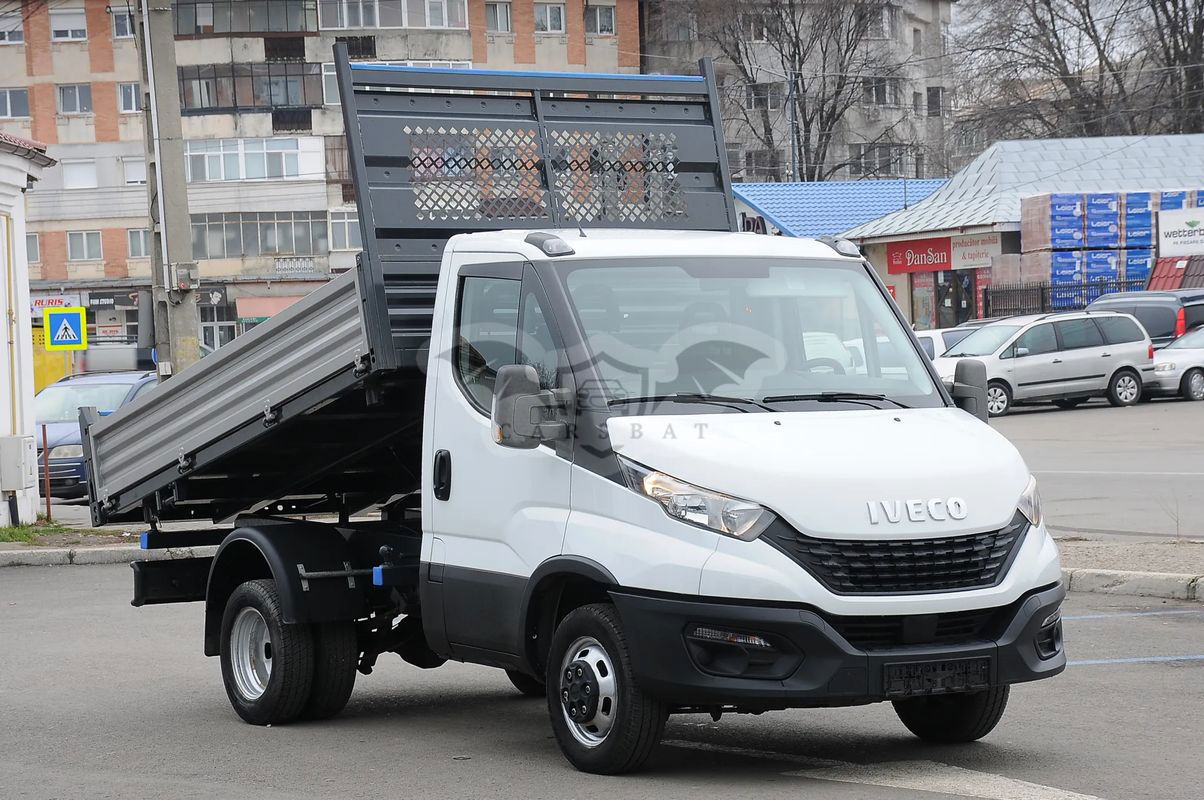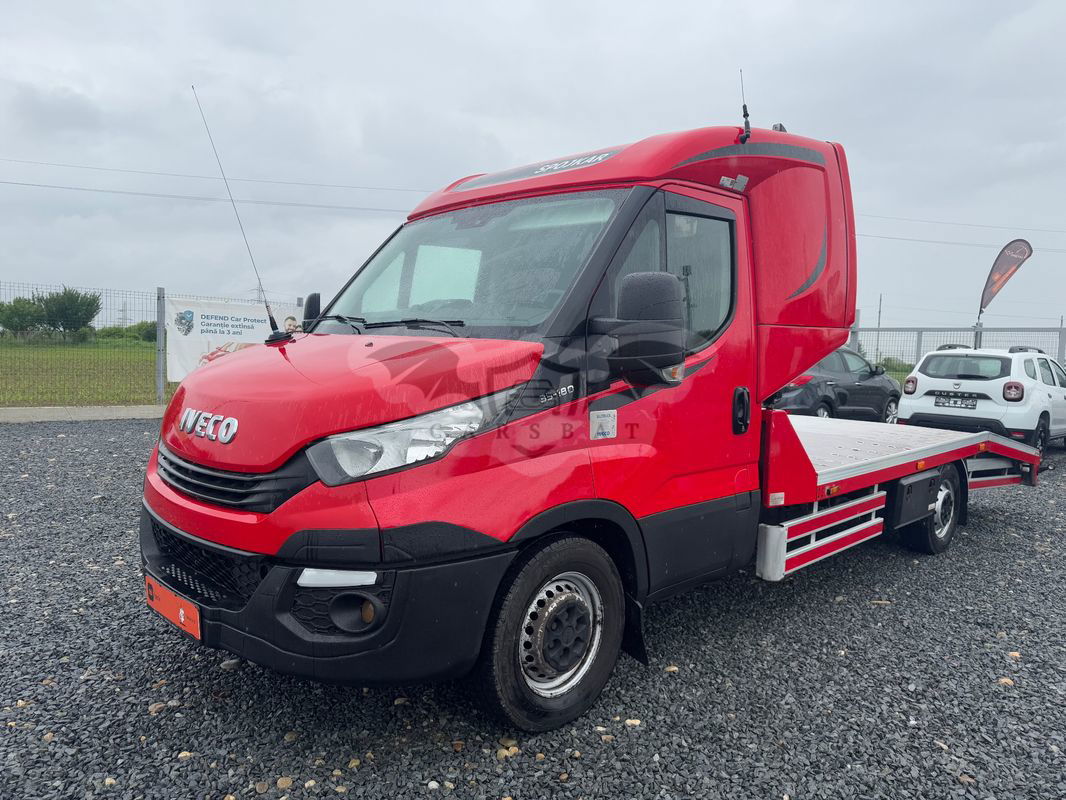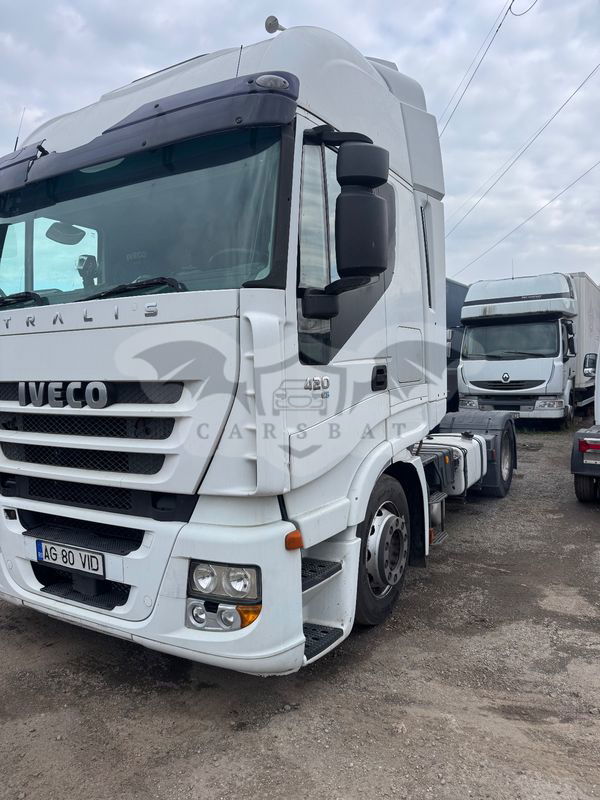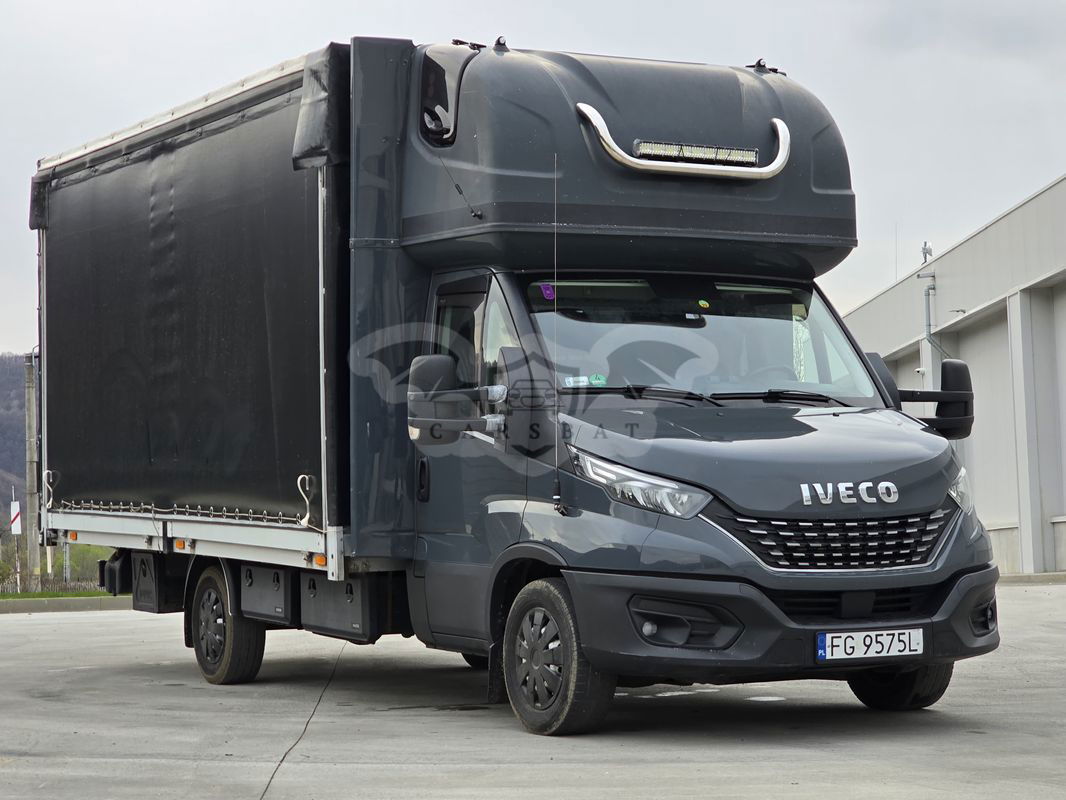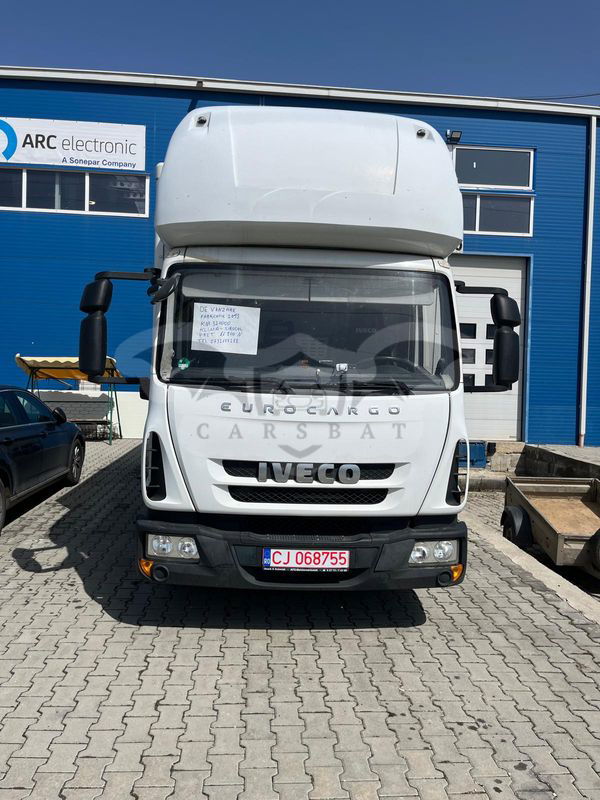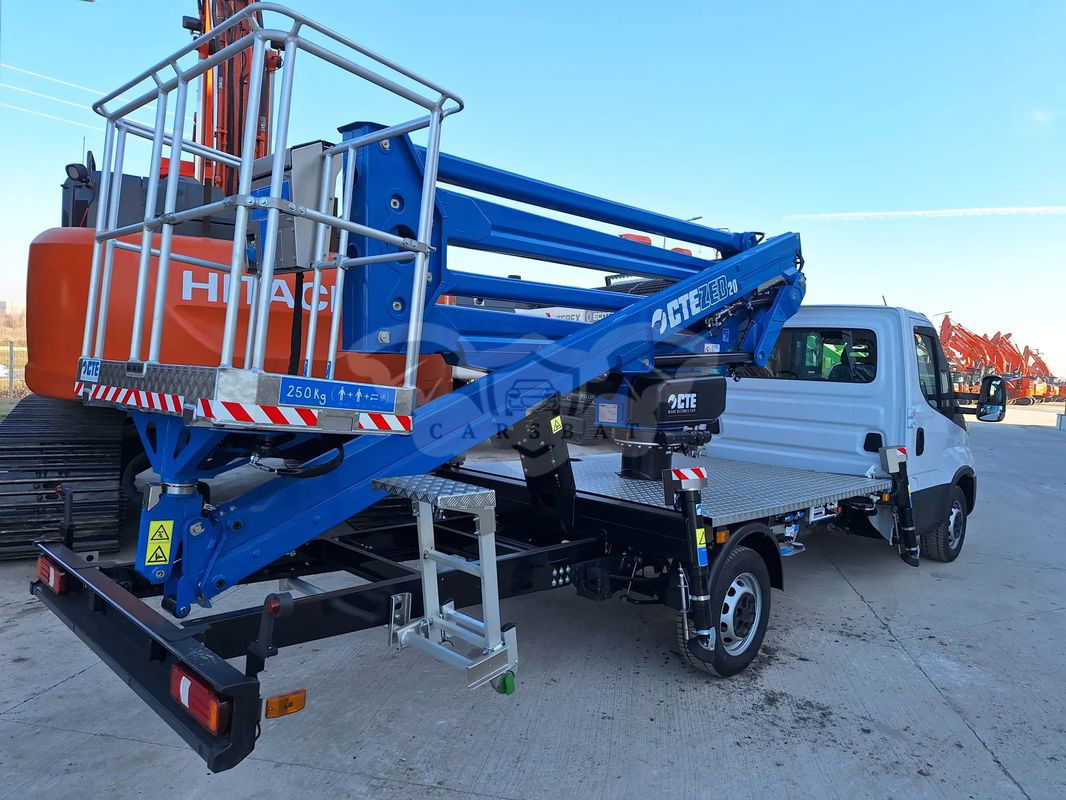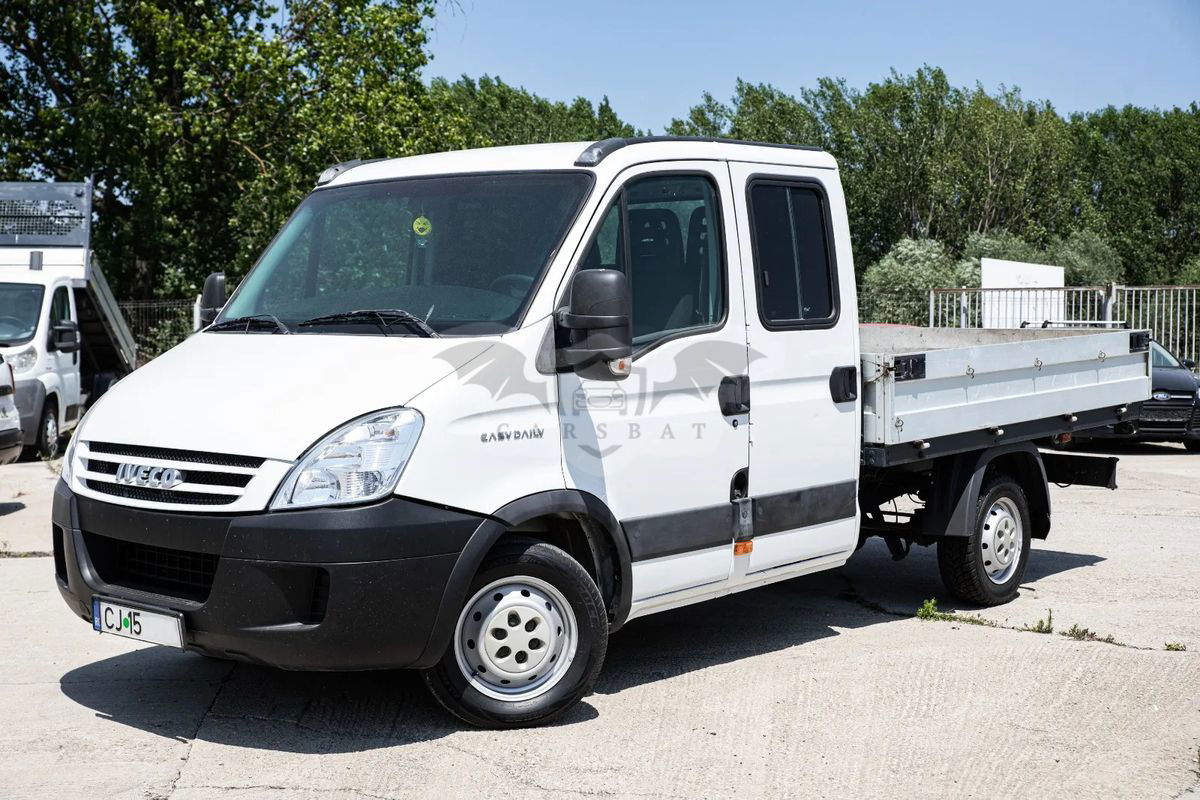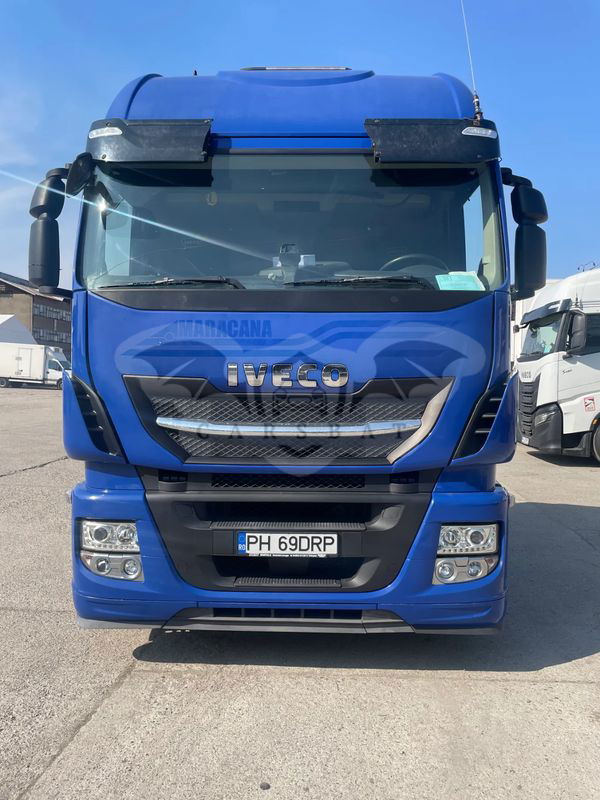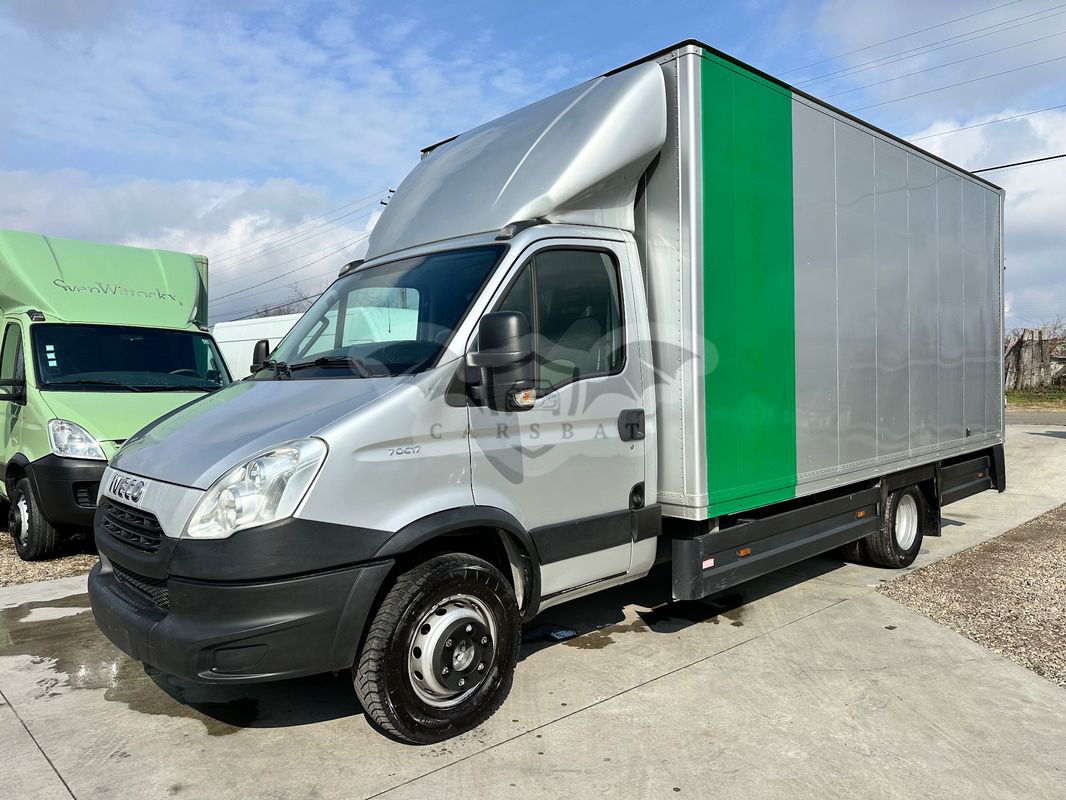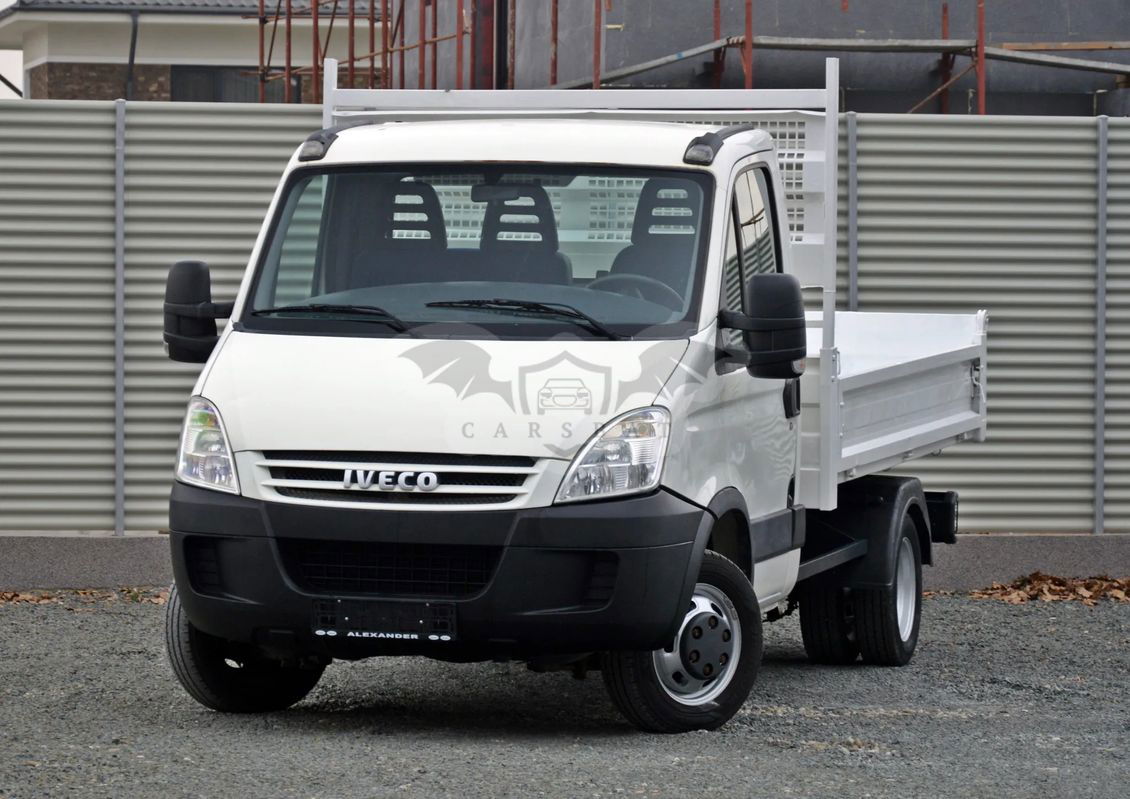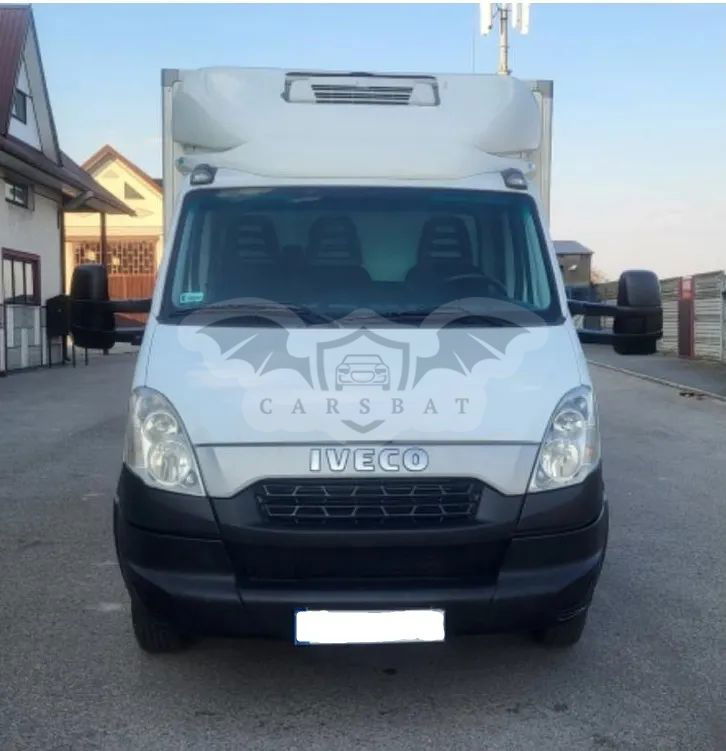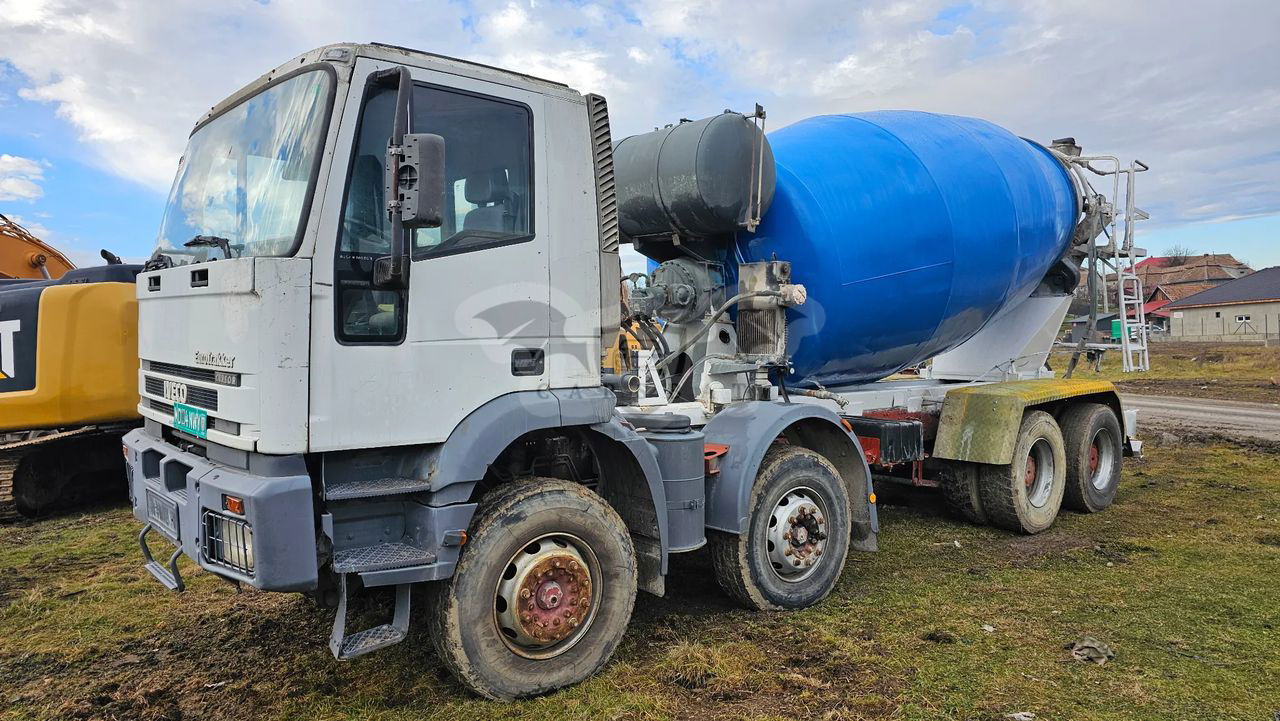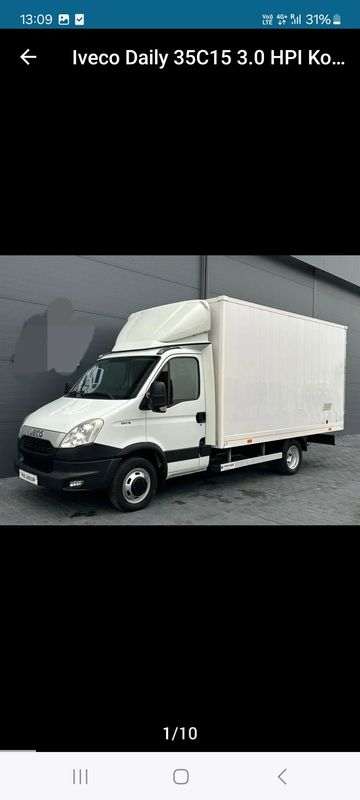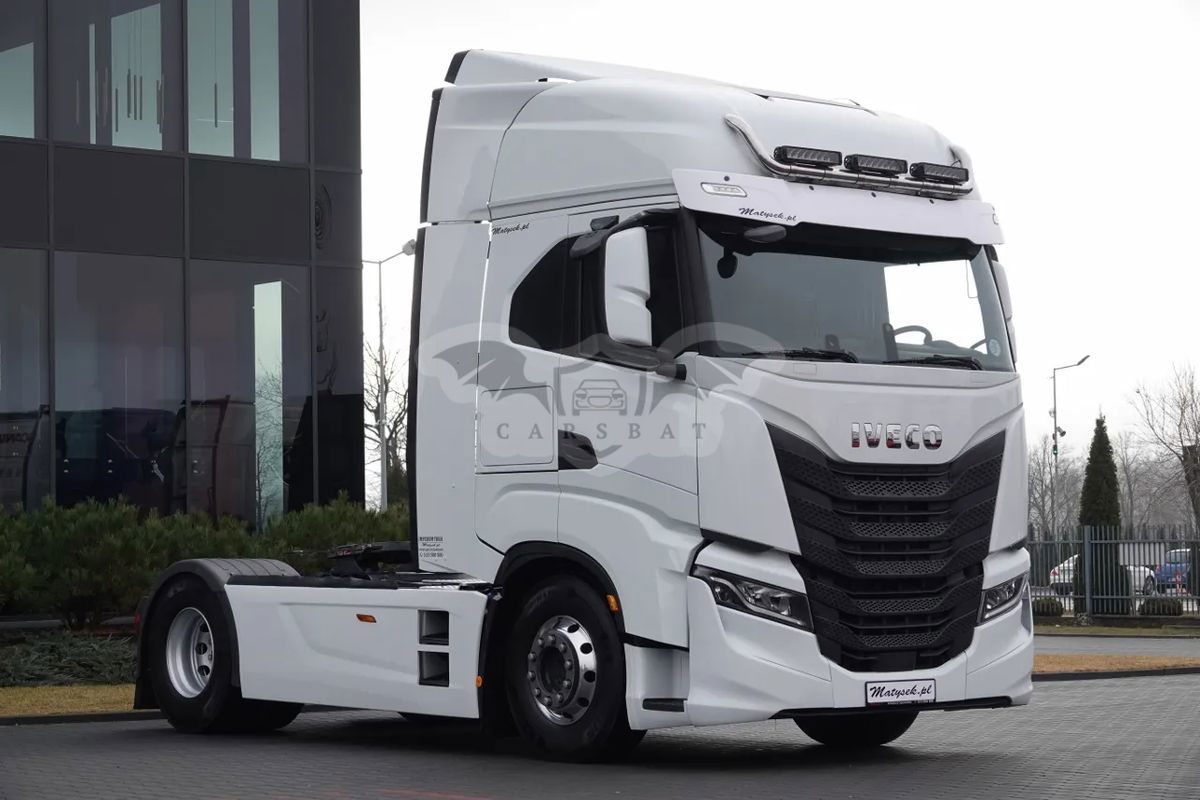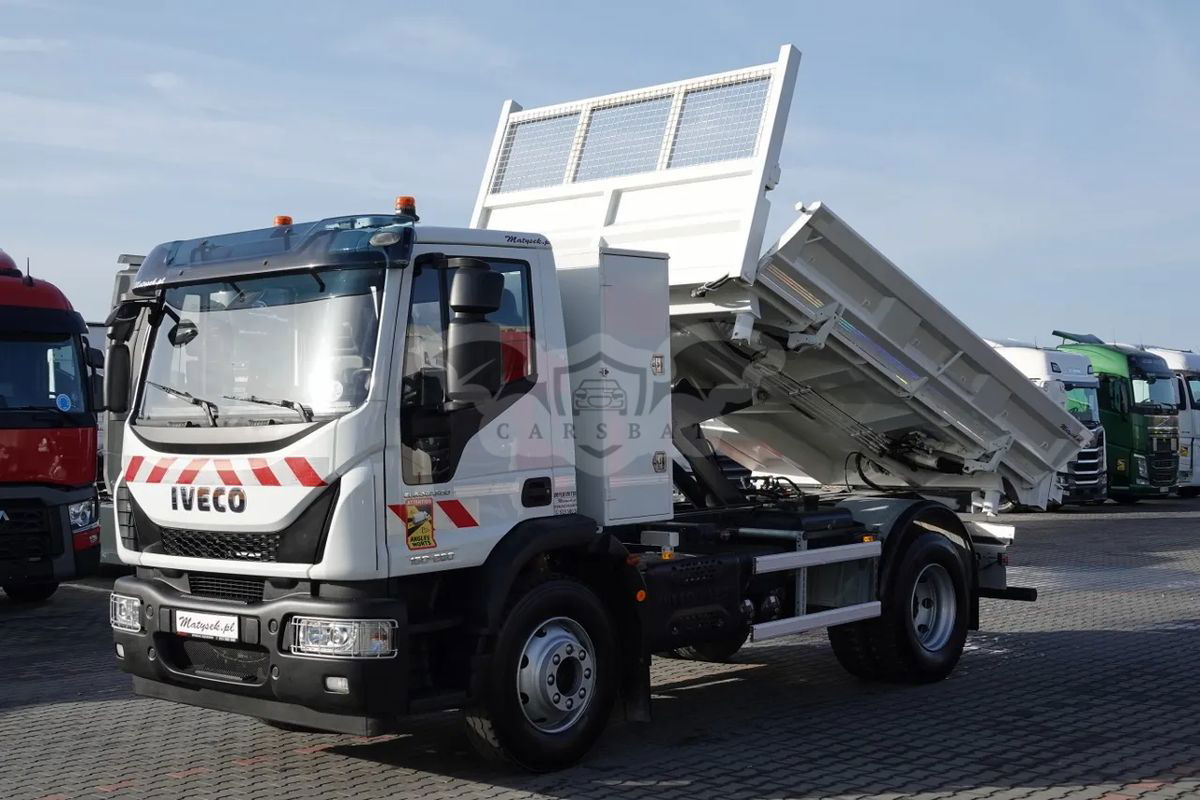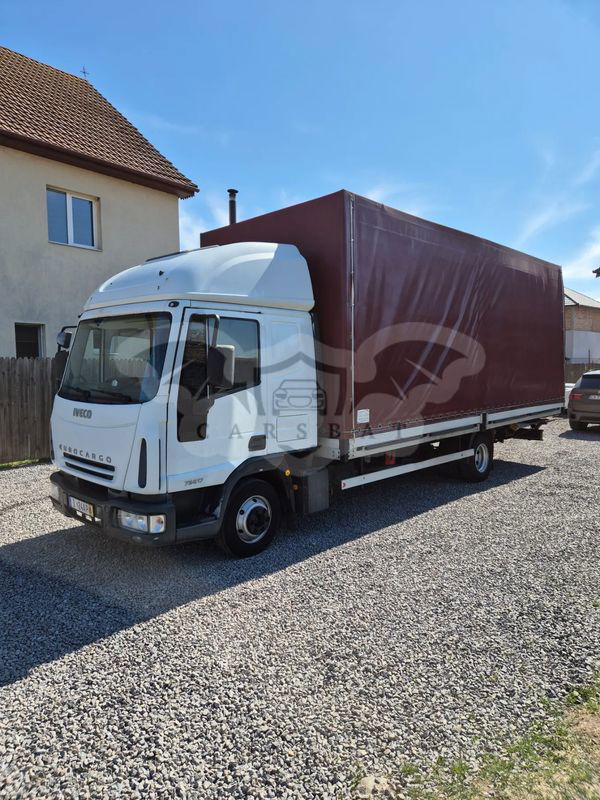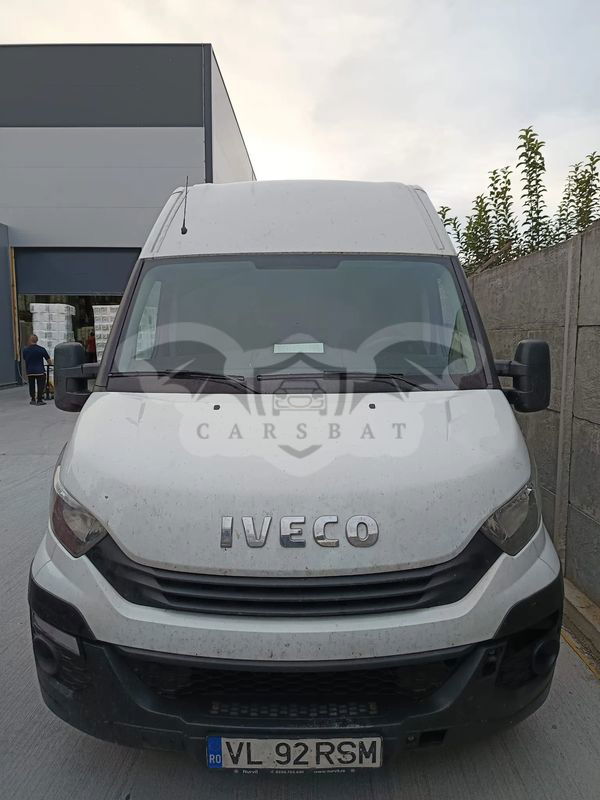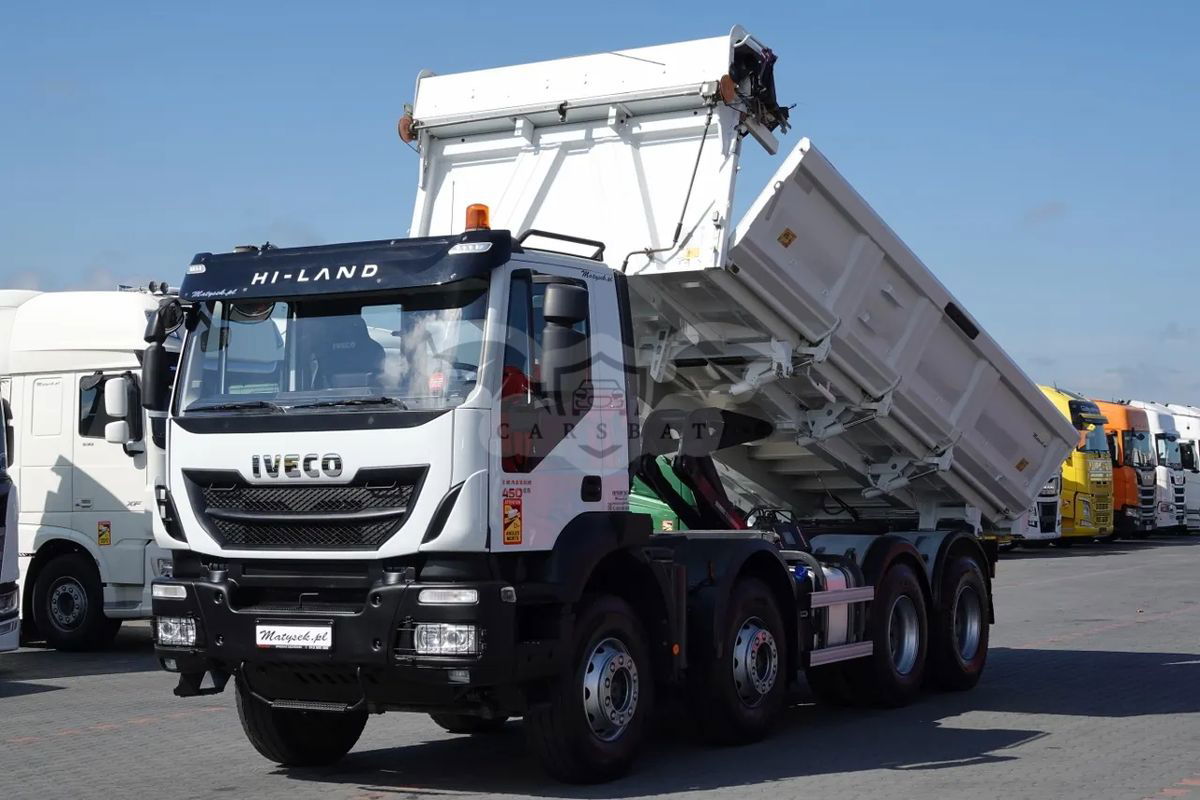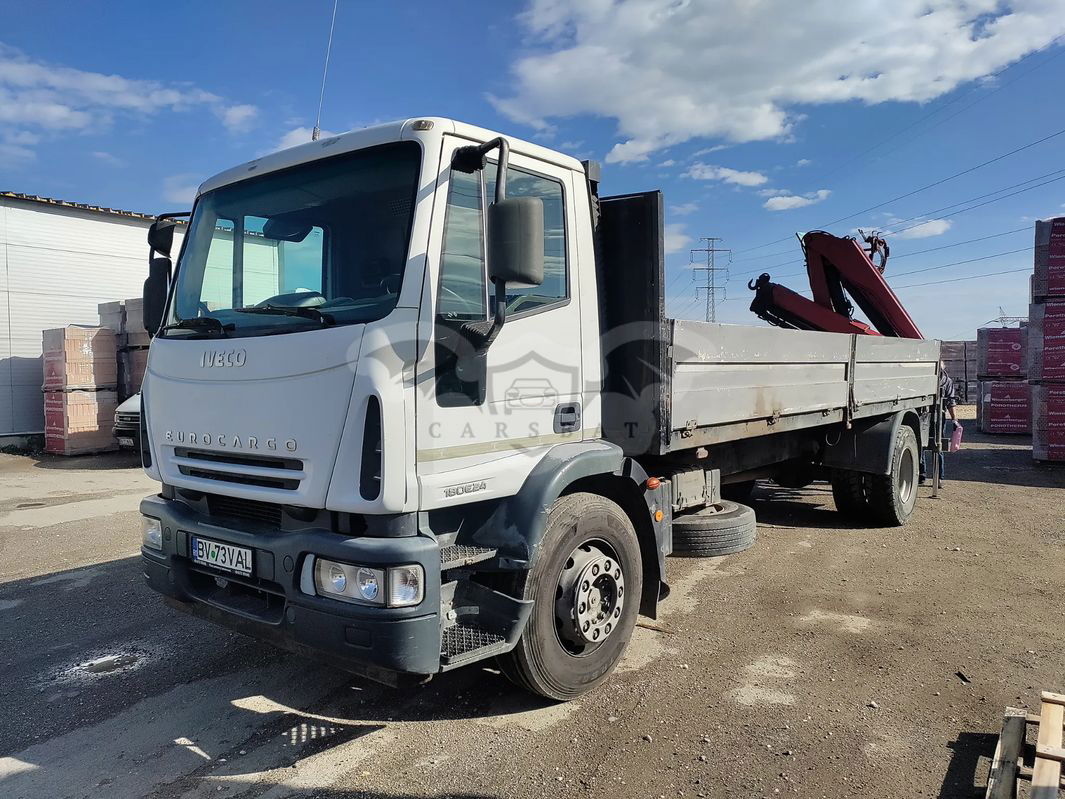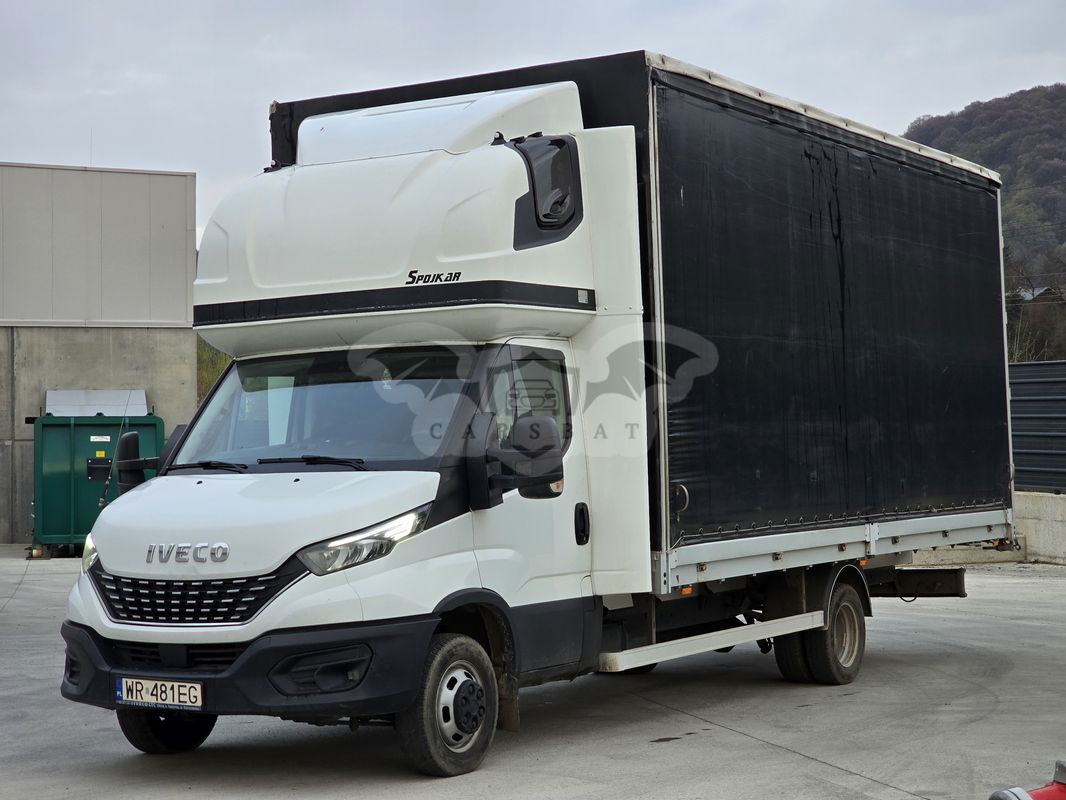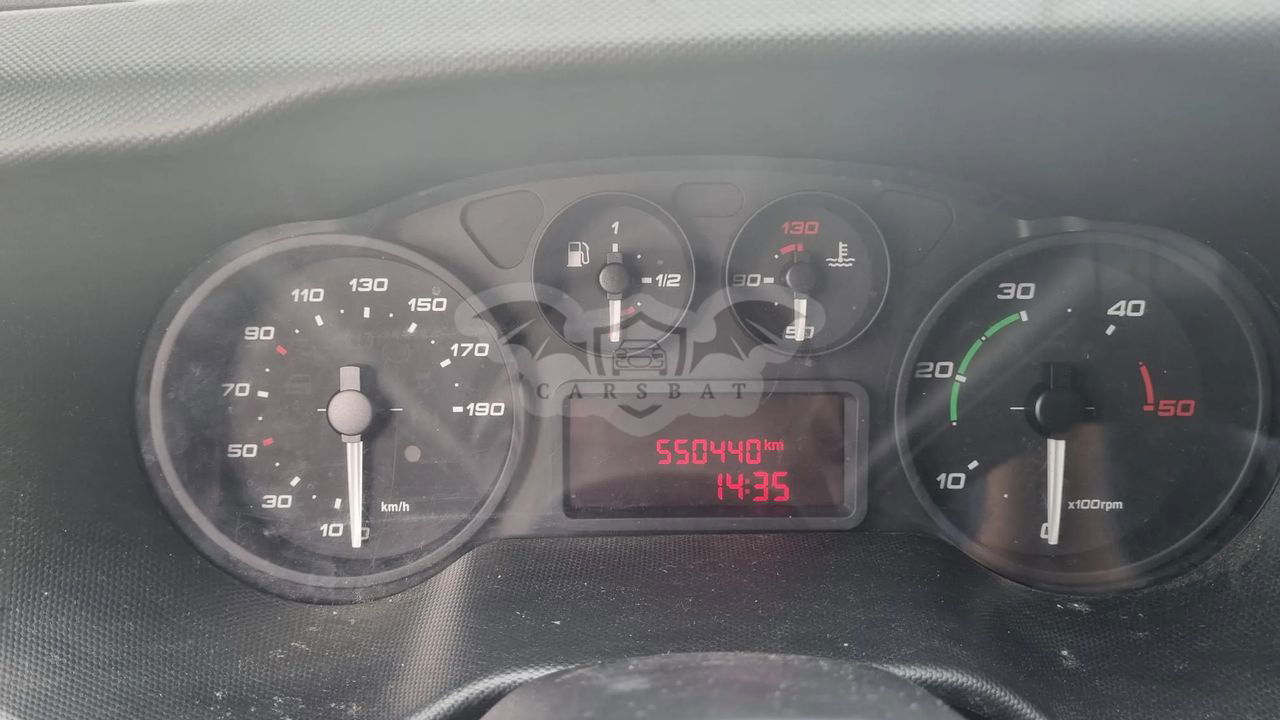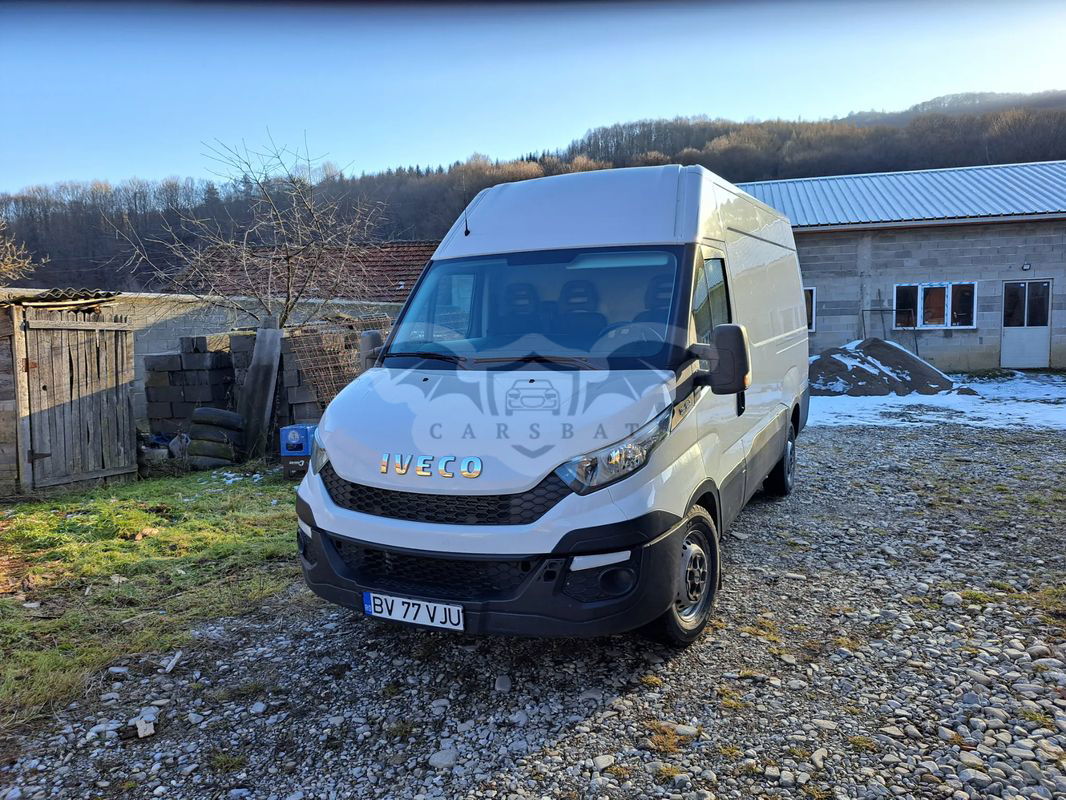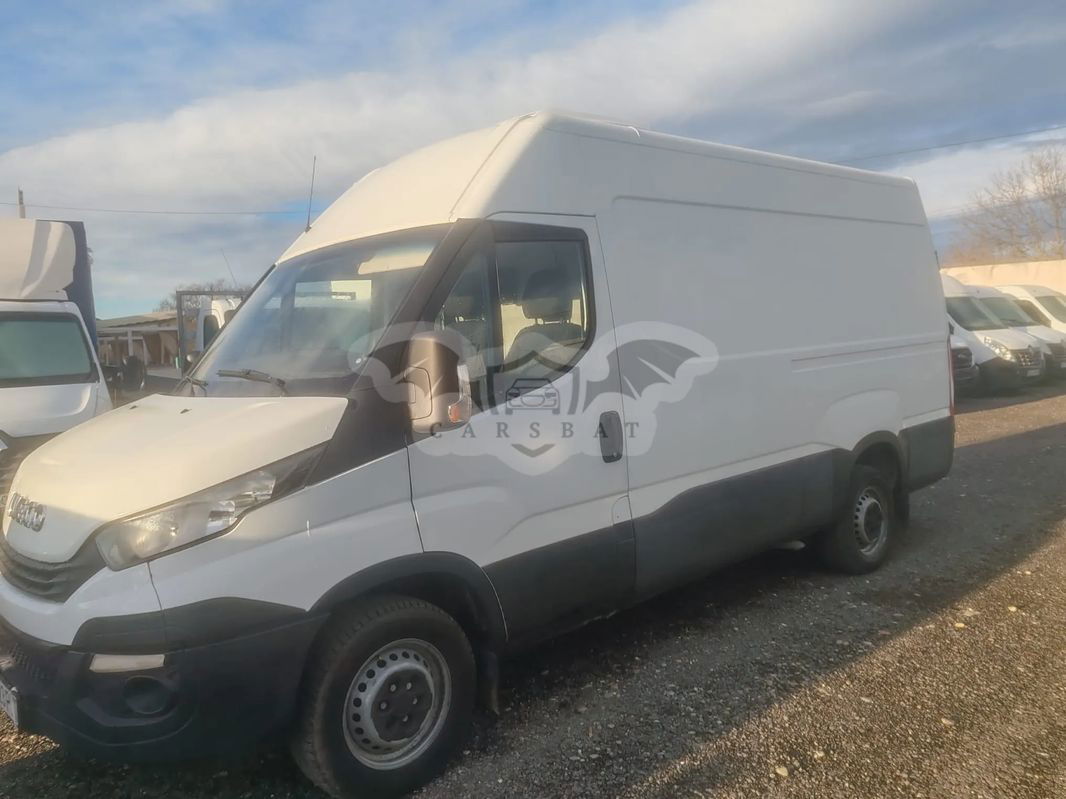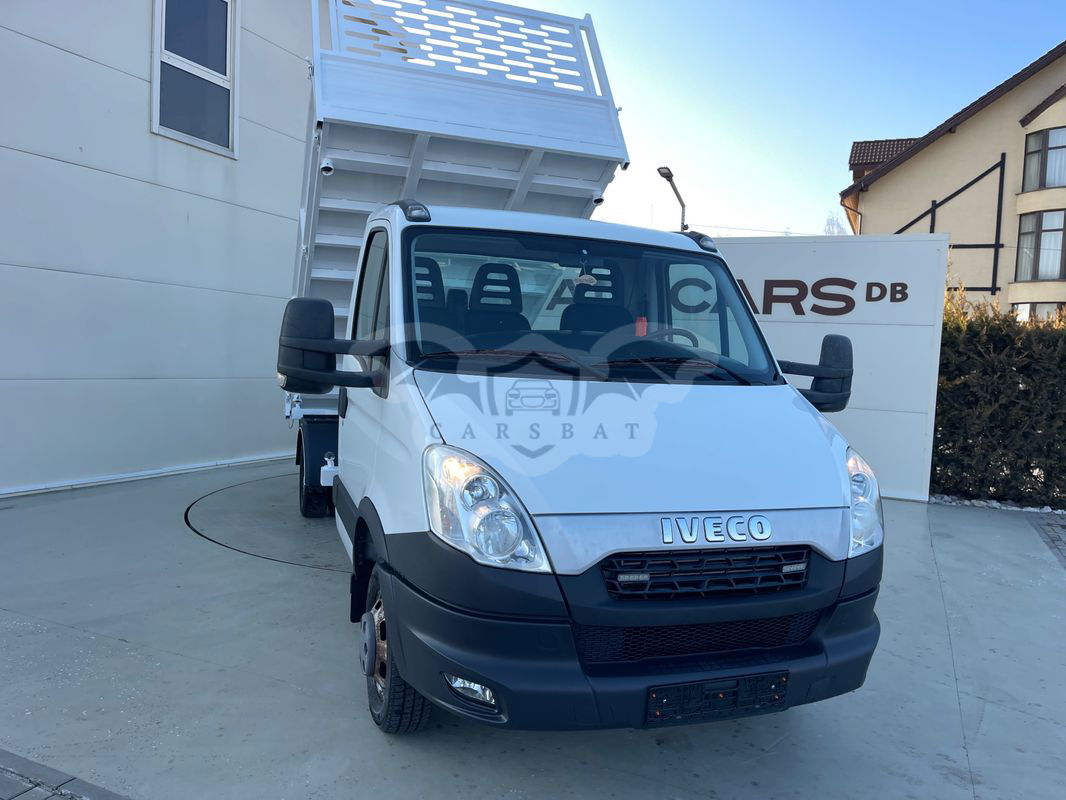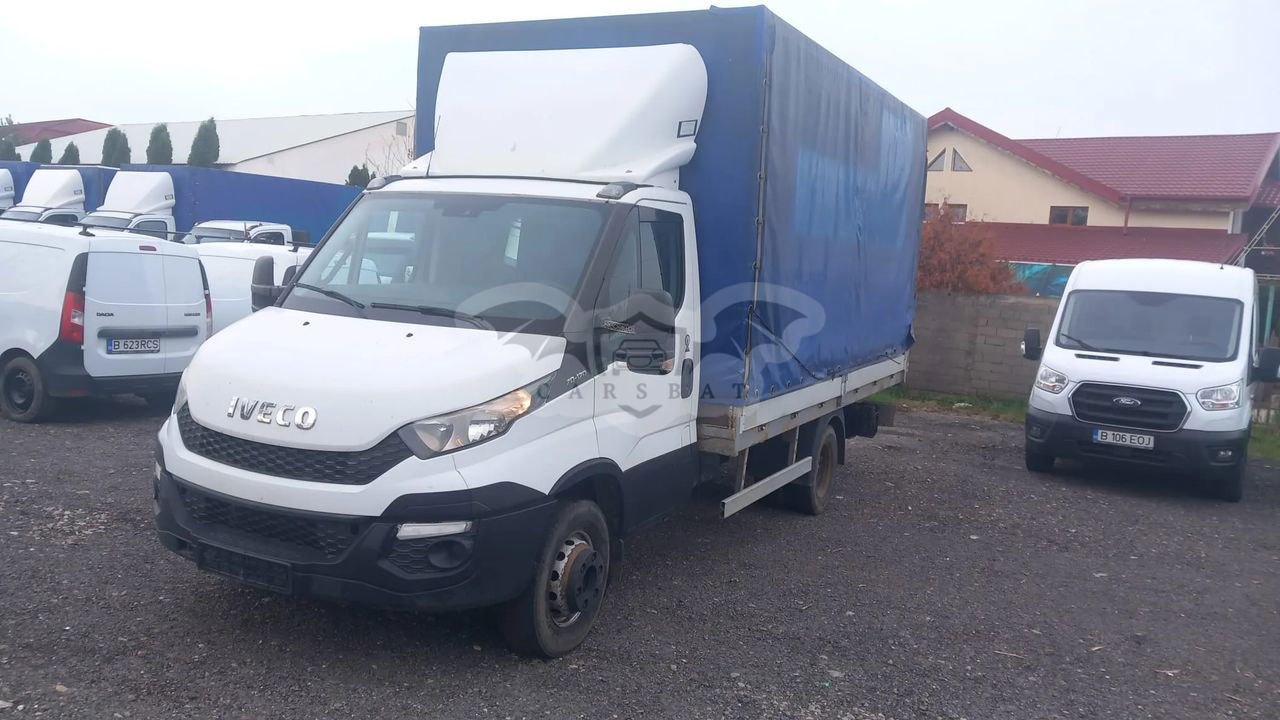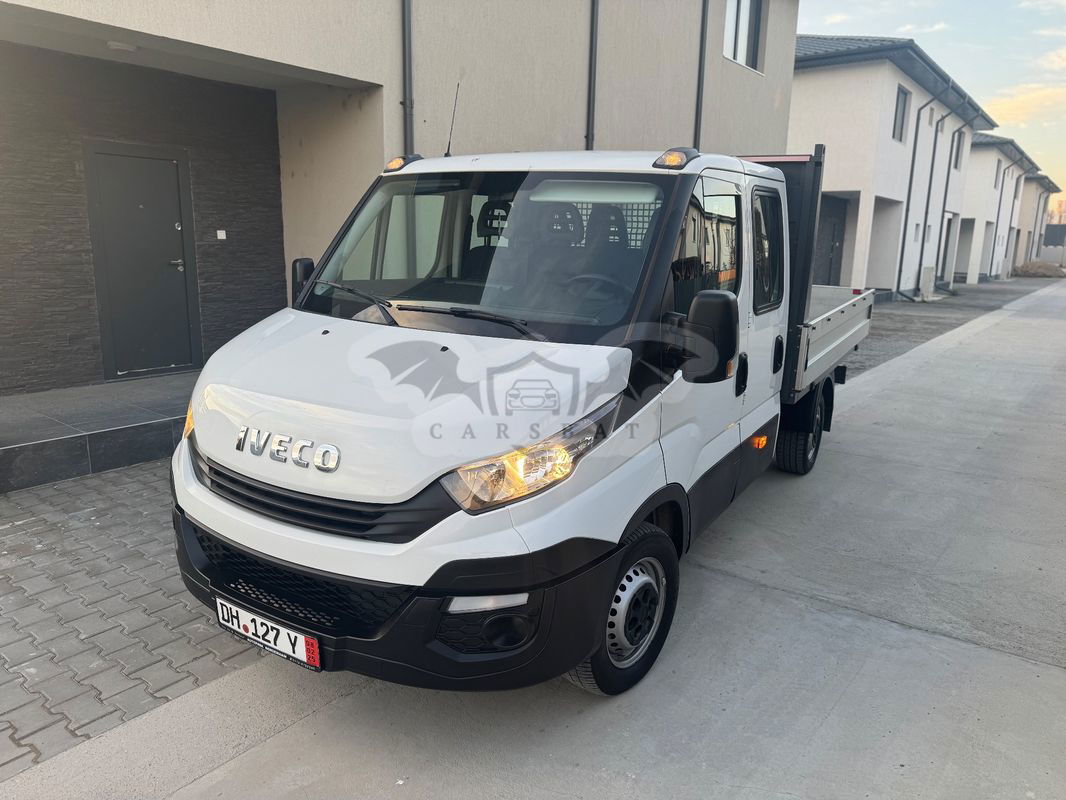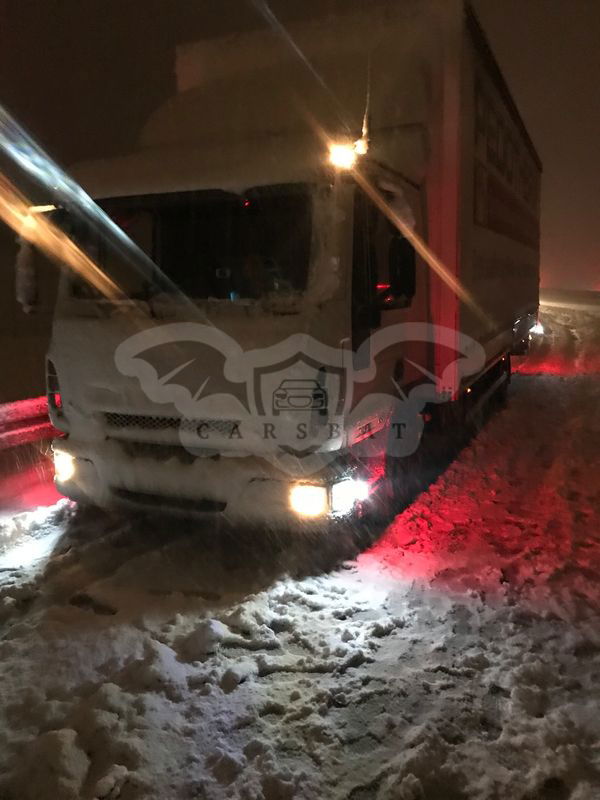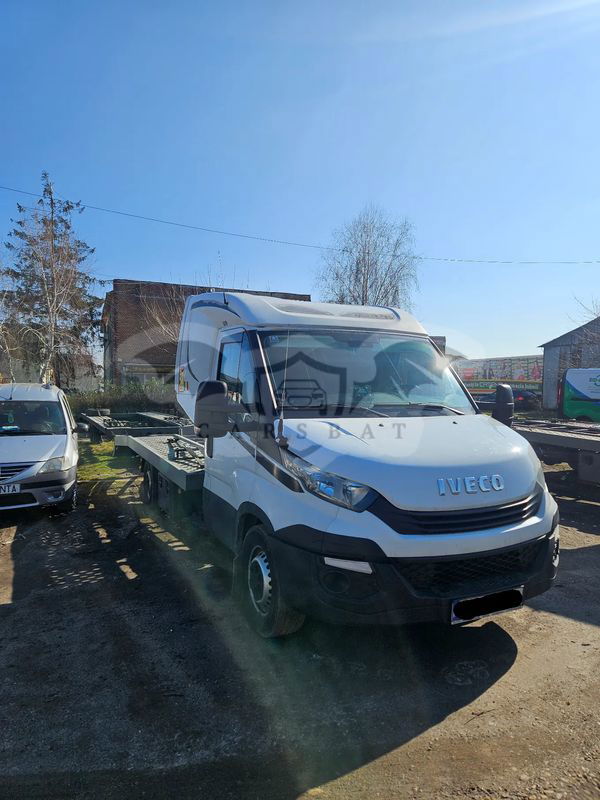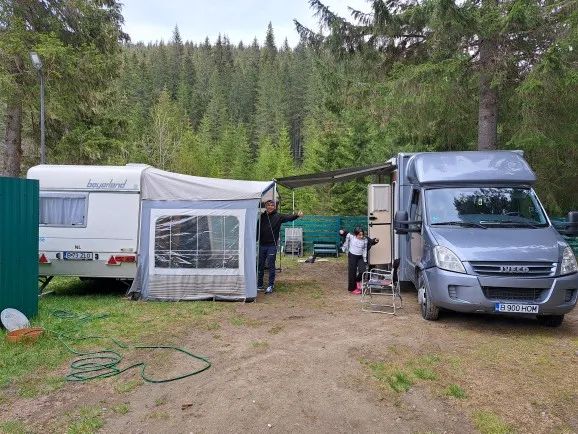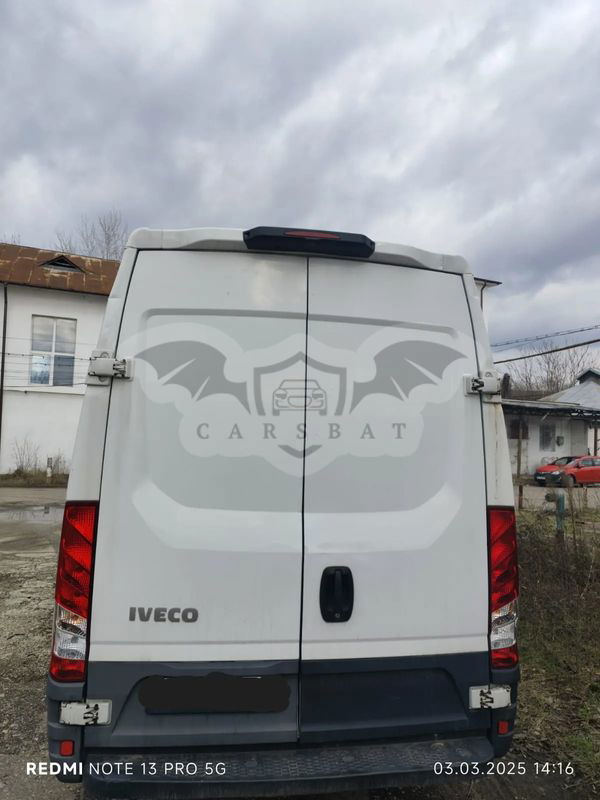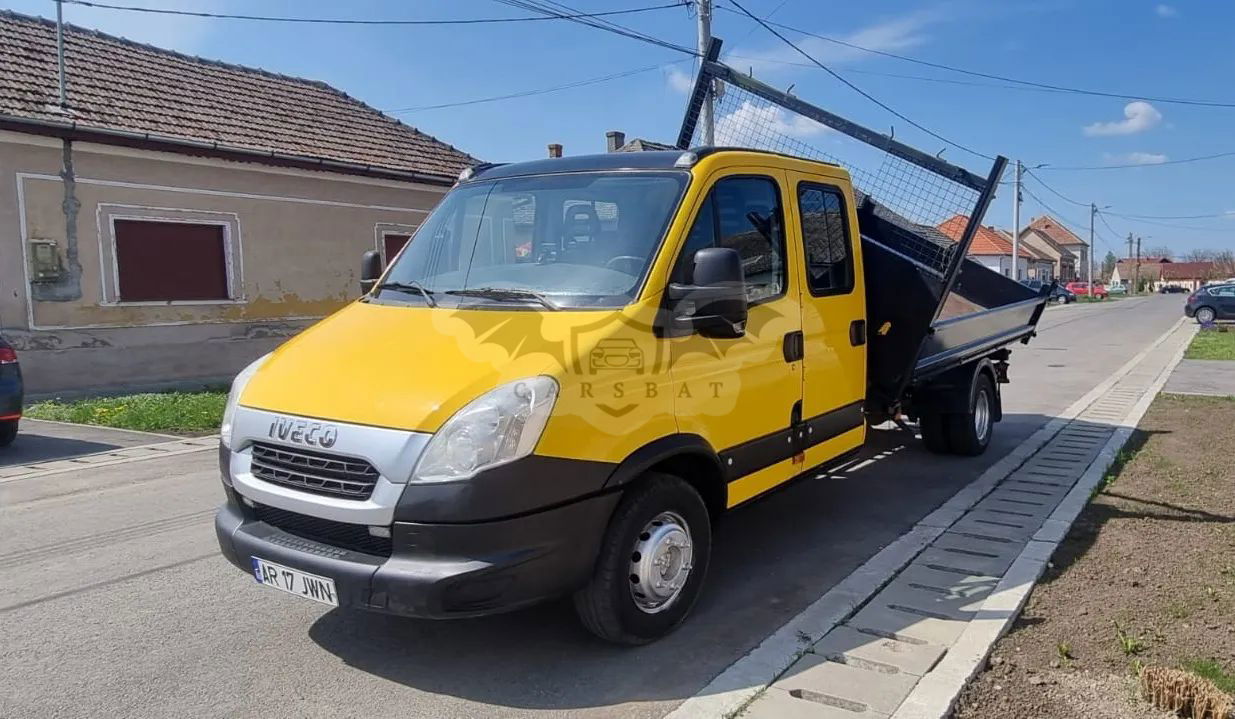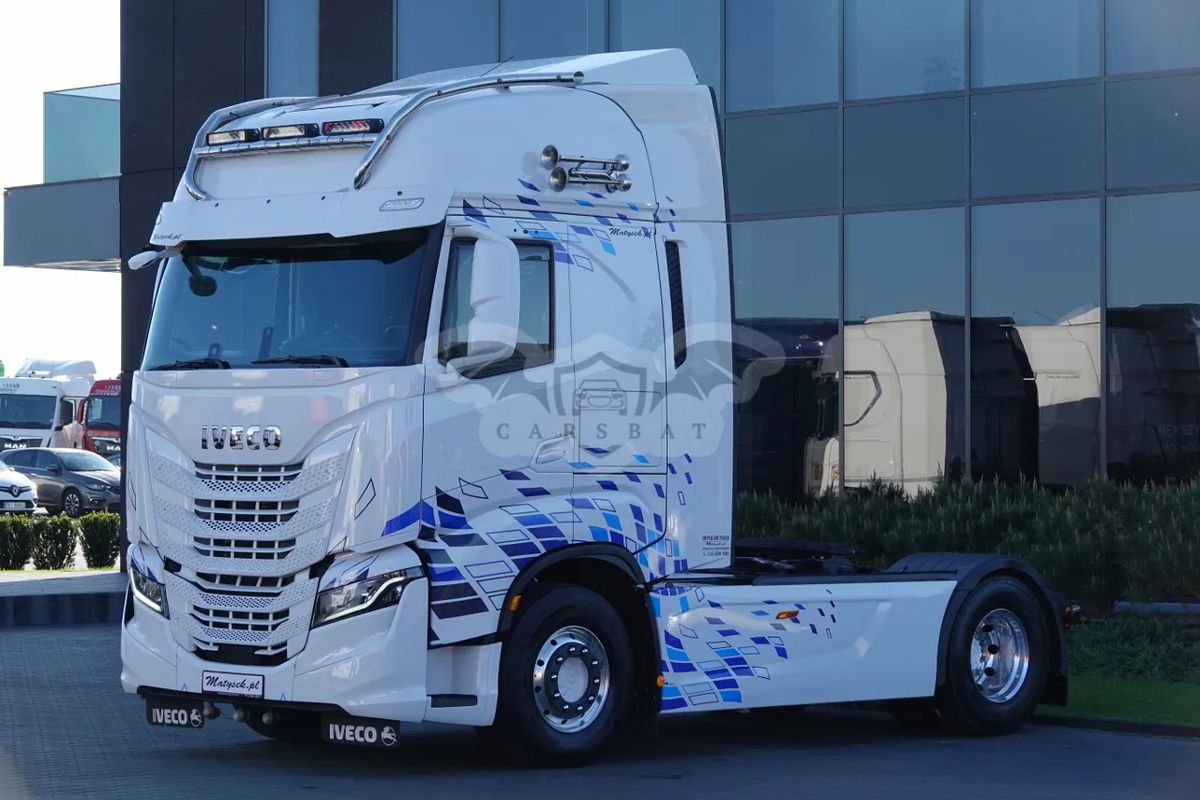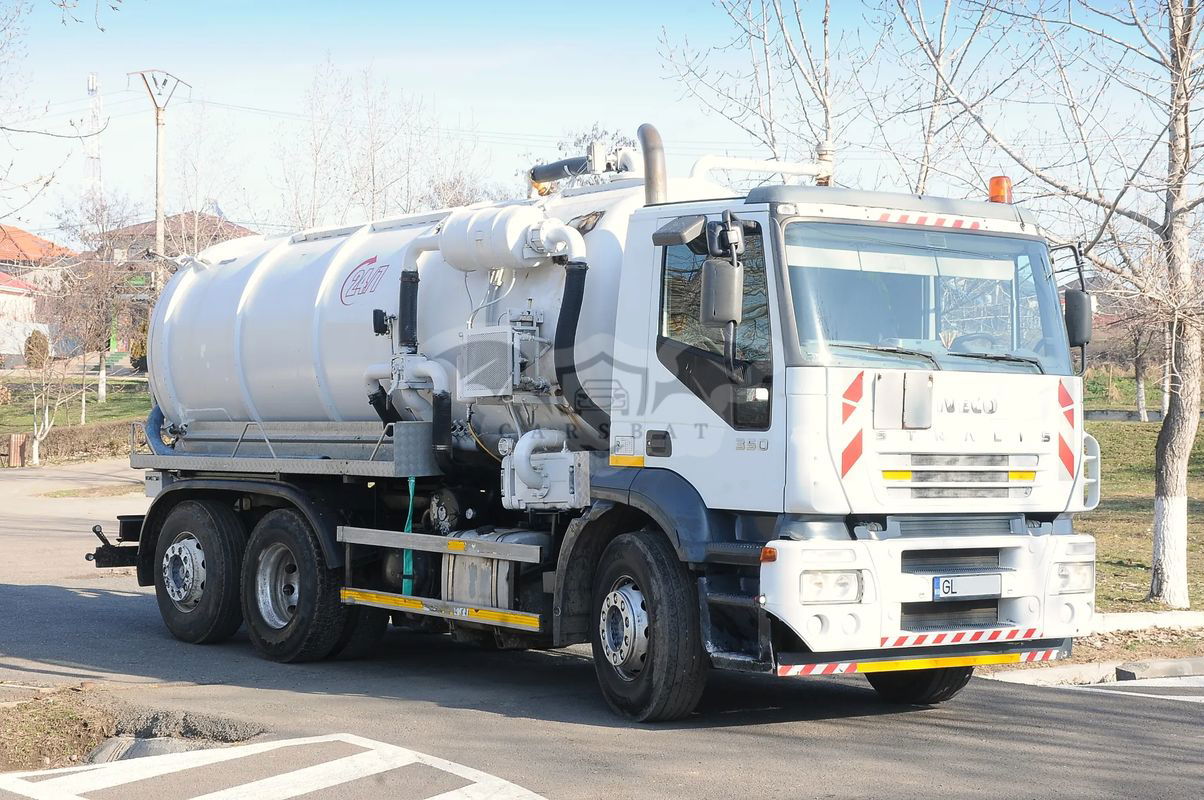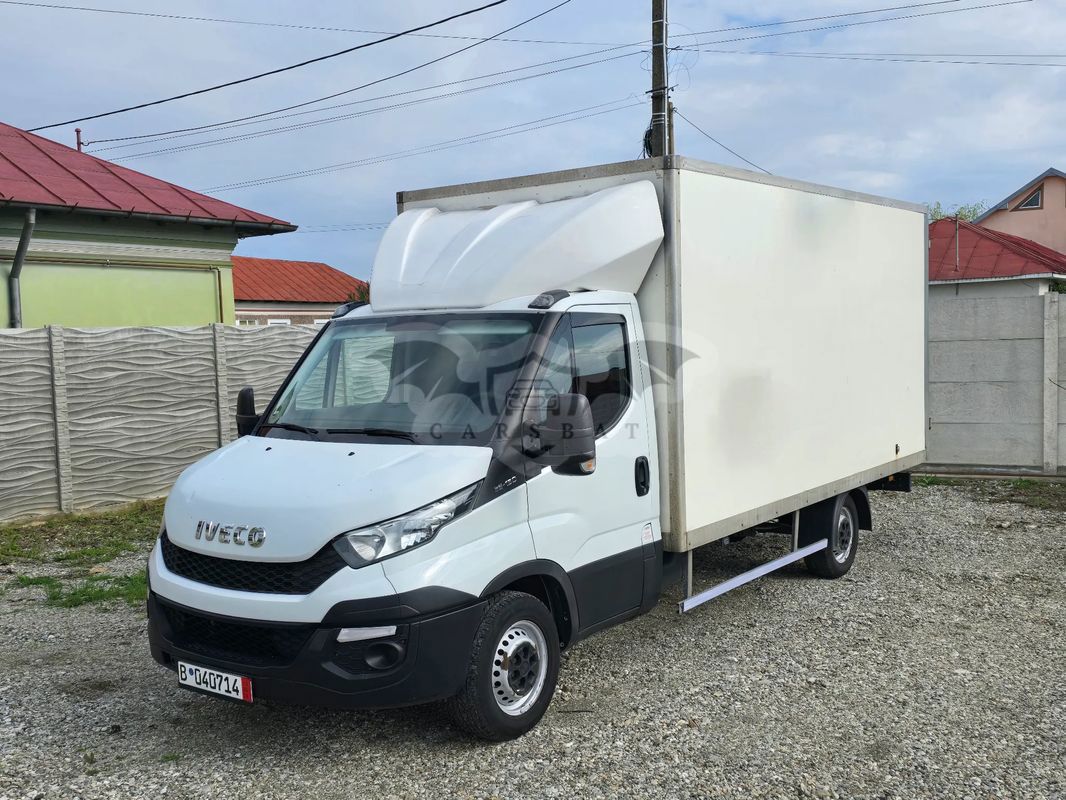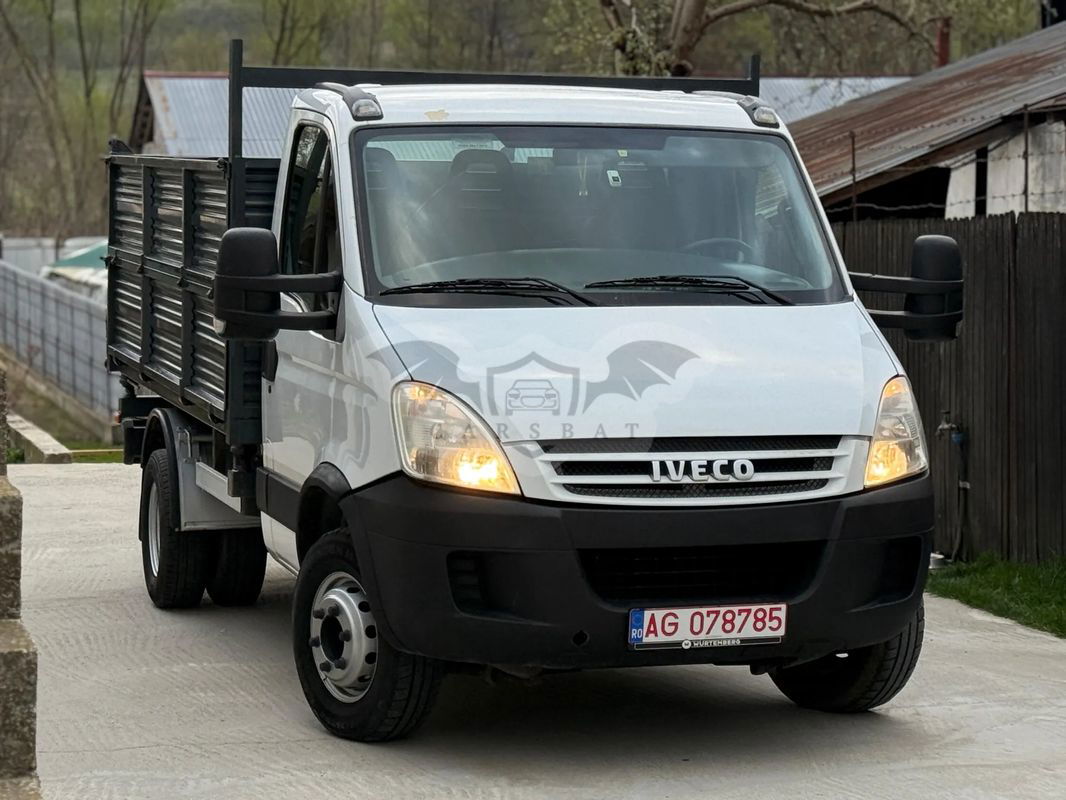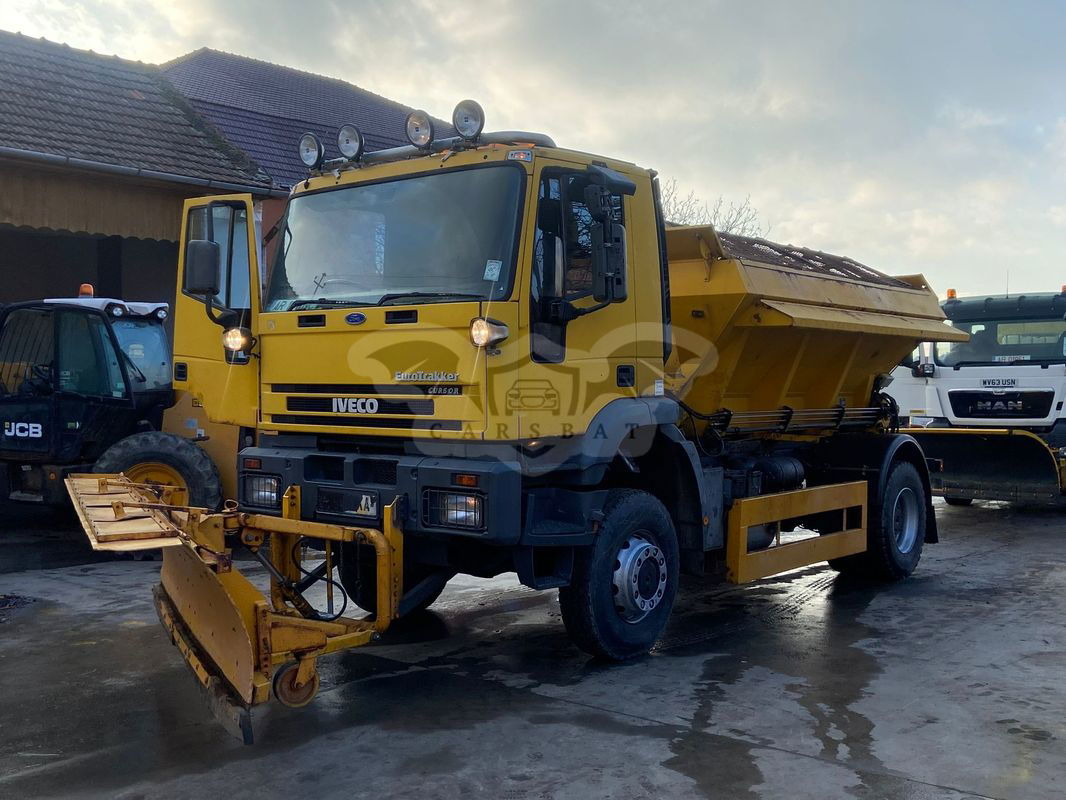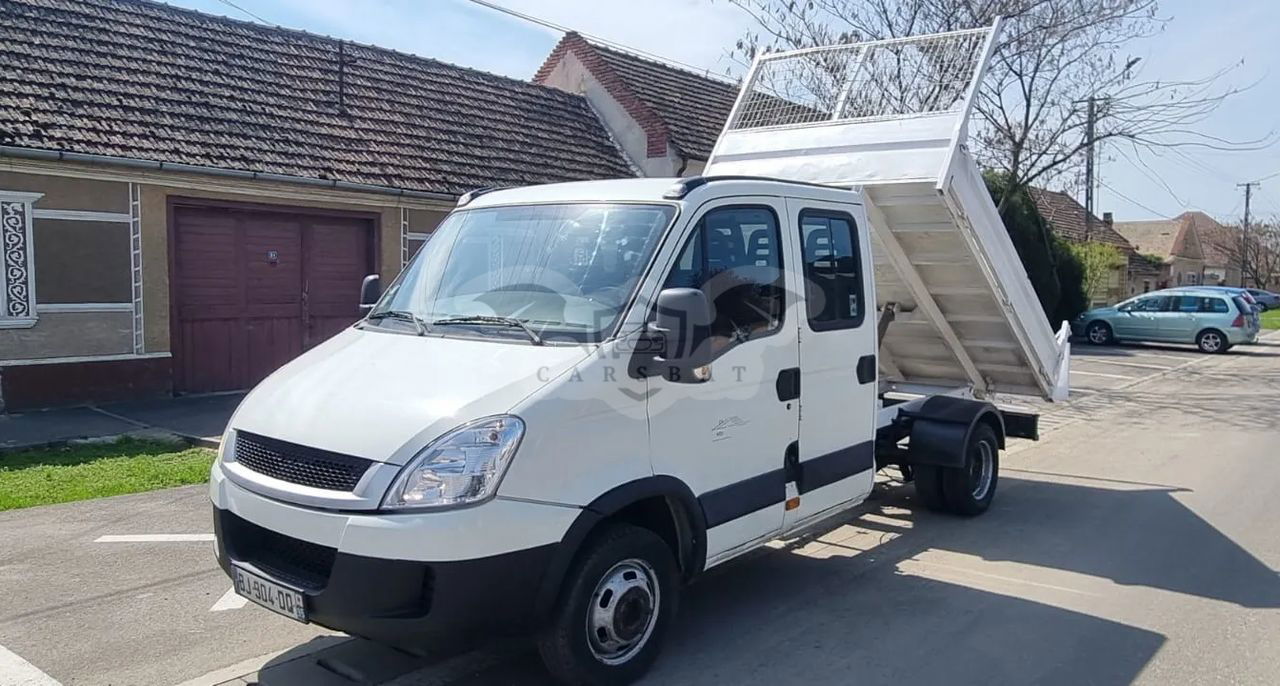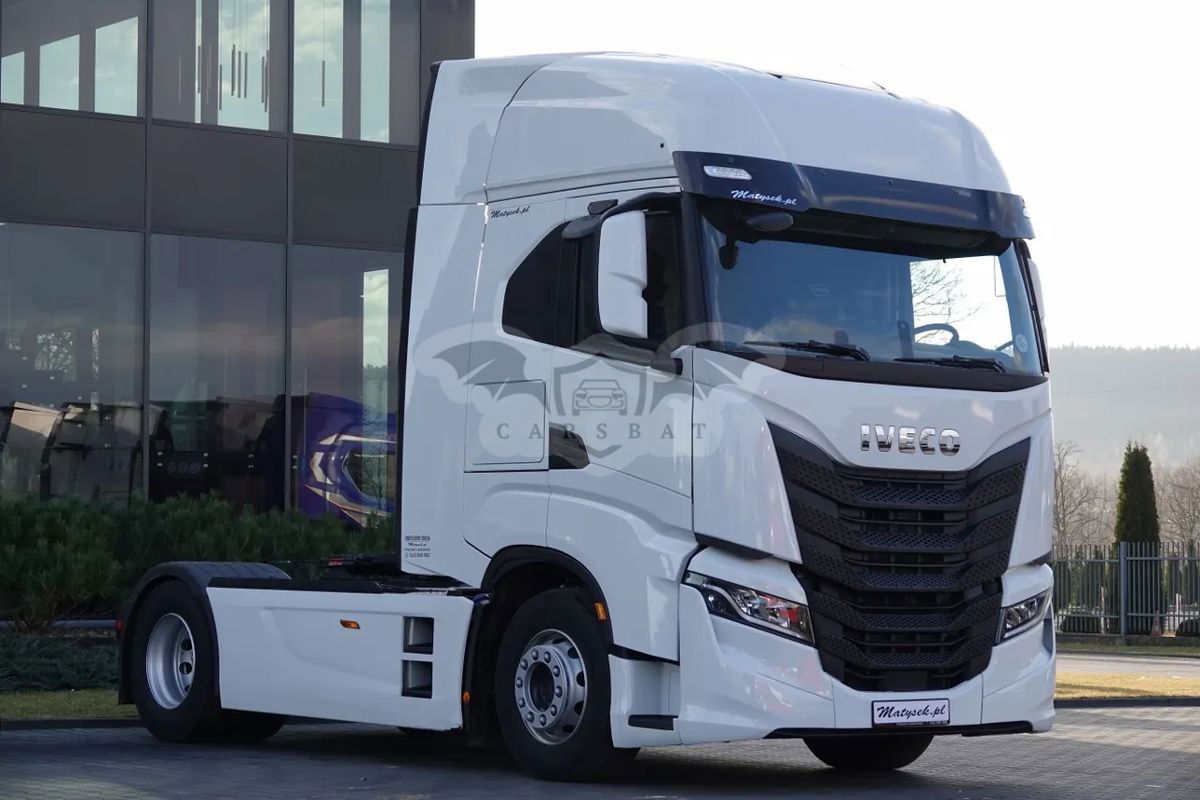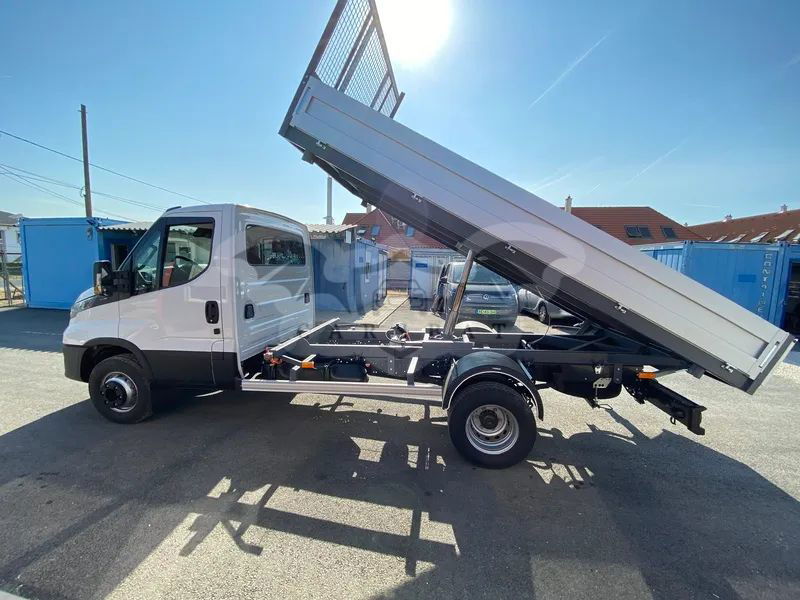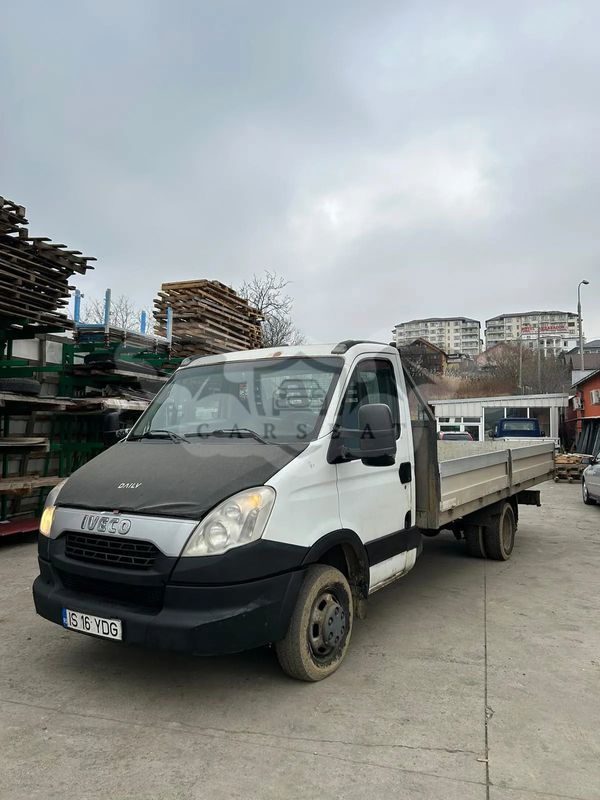
Catalog / Iveco
Iveco: Italian Commercial Vehicle Pioneer Driving Global Transportation
Iveco, short for Industrial Vehicles Corporation, is a titan in the world of commercial vehicles, with a rich history dating back to 1975. The company was born from the merger of five European truck manufacturers: Fiat Veicoli Industriali, OM, Lancia Veicoli Speciali, Unic, and Magirus-Deutz. This union of Italian, French, and German engineering expertise laid the foundation for a truly pan-European brand.
The newly formed Iveco hit the ground running, introducing its first product, the Iveco Daily, in 1978. This light commercial vehicle quickly became a cornerstone of the brand's lineup and remains popular to this day. The Daily's success was followed by the launch of the TurboStar in 1984, a heavy-duty truck that set new standards for performance and driver comfort in long-haul transportation.
Throughout the 1980s and 1990s, Iveco continued to expand its range and global presence. The company made significant strides in engine technology, particularly in the development of diesel engines. In 1985, Iveco introduced the first direct injection diesel engine for light commercial vehicles, setting a trend that would soon be followed by the entire industry.
A major milestone came in 1991 with the introduction of the EuroCargo, a medium-duty truck that would go on to win the 'International Truck of the Year' award twice. This was followed by the launch of the Eurotech and Eurostar heavy trucks in 1992, further solidifying Iveco's position in the heavy-duty segment.
The turn of the millennium saw Iveco focusing on innovation and sustainability. In 2006, the company introduced the first electric-powered Daily, showcasing its commitment to alternative fuel technologies. This was followed by the launch of the Stralis in 2007, a heavy-duty truck designed for long-distance haulage, which featured advanced technologies for fuel efficiency and driver comfort.
Iveco's dedication to innovation continued with the introduction of the New Daily in 2014, which combined the robustness of a truck with the comfort and driveability of a passenger car. In 2016, the company launched the Z Truck concept, a zero-impact vehicle that provided a glimpse into the future of long-haul transport.
Today, Iveco stands as a global brand with a presence in over 160 countries. Its product range spans from light commercial vehicles to heavy-duty trucks, buses, and special vehicles for applications such as firefighting and off-road missions. The company has also made significant strides in natural gas vehicle technology, positioning itself as a leader in sustainable transport solutions.
Iveco's commitment to motorsport, particularly through its involvement in the Dakar Rally, has not only showcased the durability and performance of its vehicles but has also led to technological advancements that benefit its commercial lineup. The brand's success in this grueling competition underlines the robustness and reliability that Iveco vehicles are known for.
As part of the CNH Industrial Group until 2021, and now as an independent company, Iveco continues to drive innovation in the commercial vehicle sector. With a focus on alternative propulsion systems, autonomous driving technologies, and digitalization, Iveco is well-positioned to shape the future of transportation and logistics in the 21st century.

